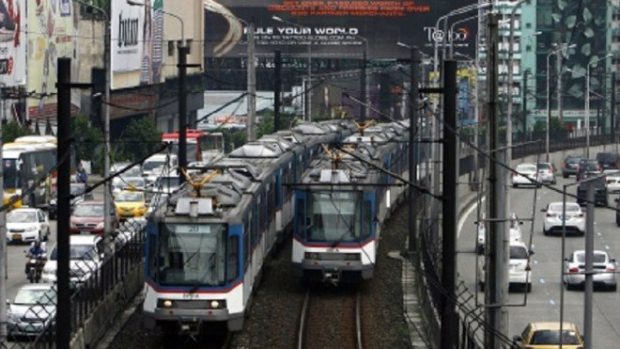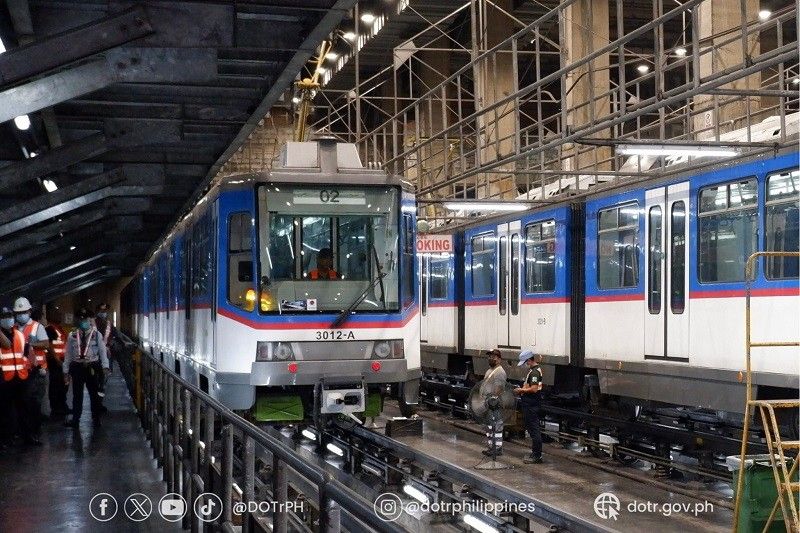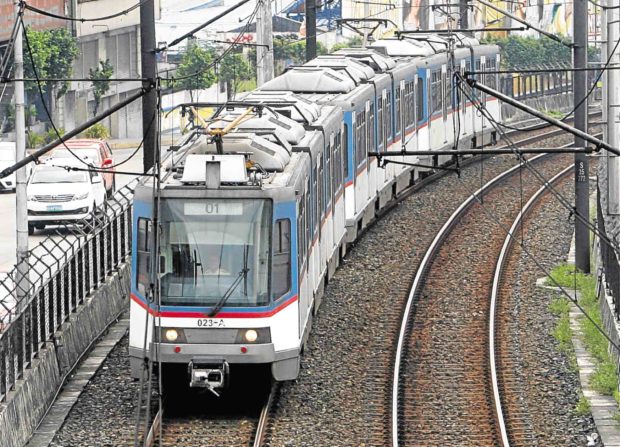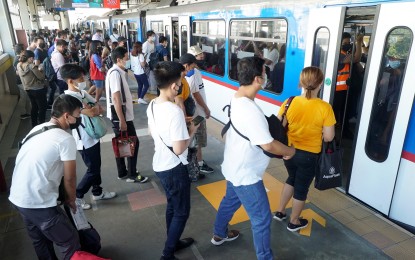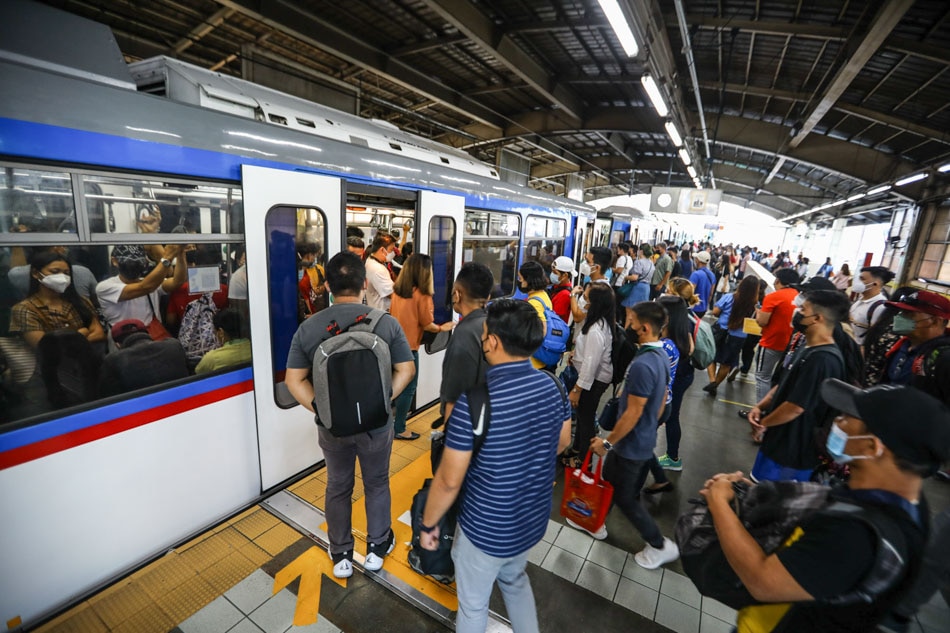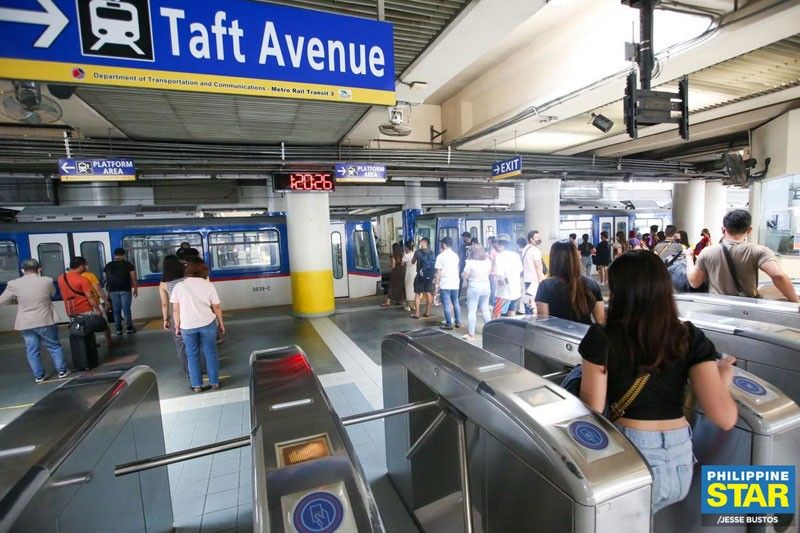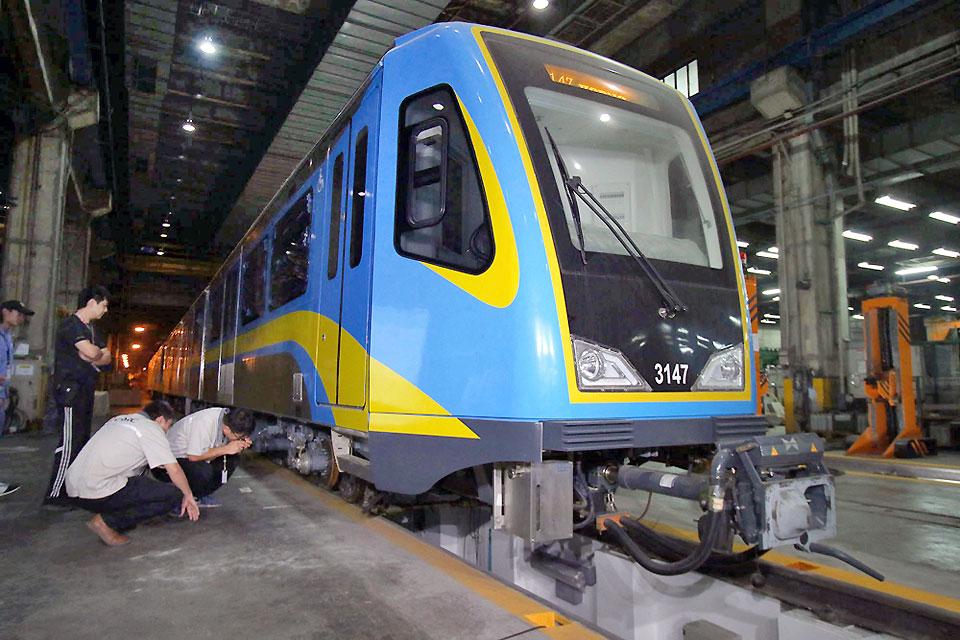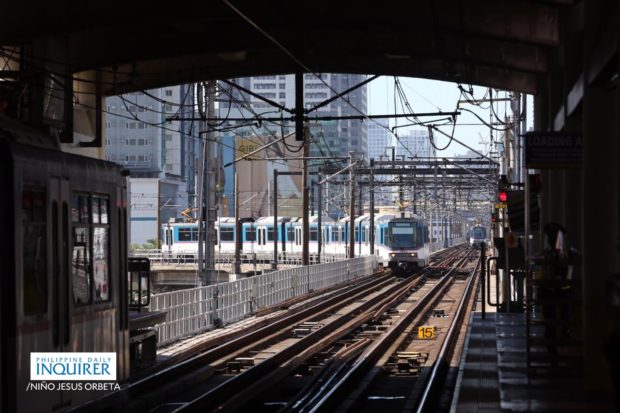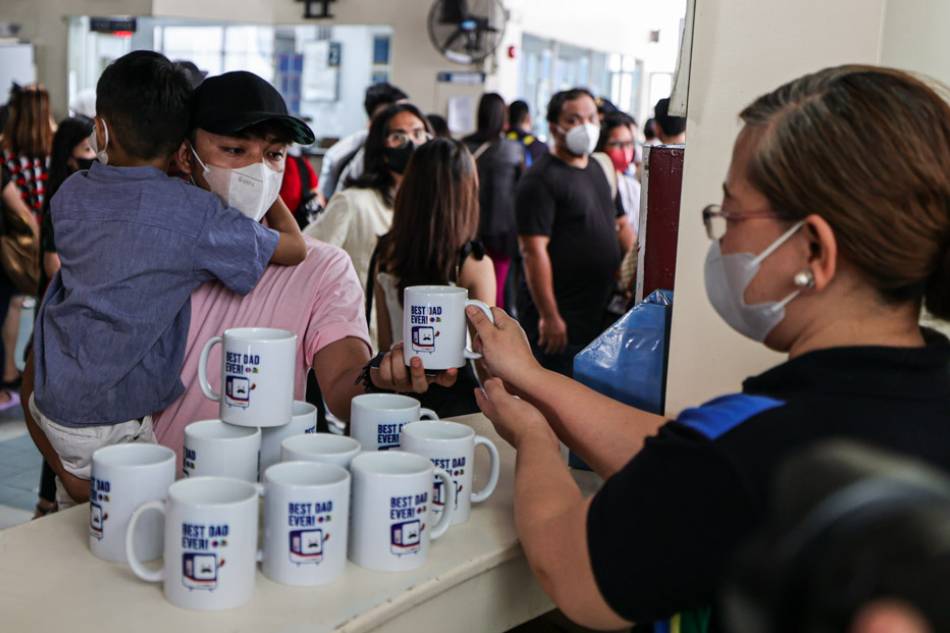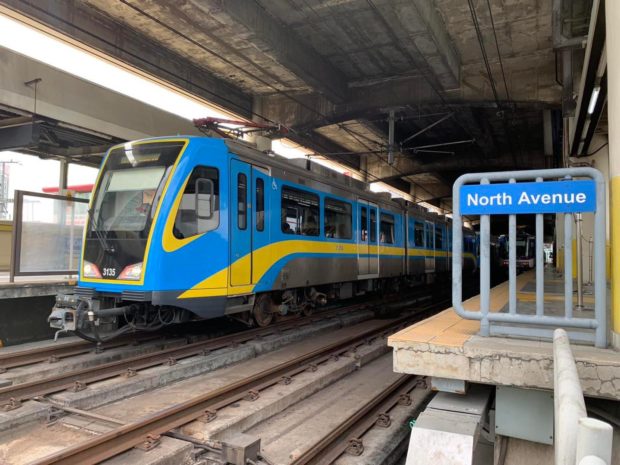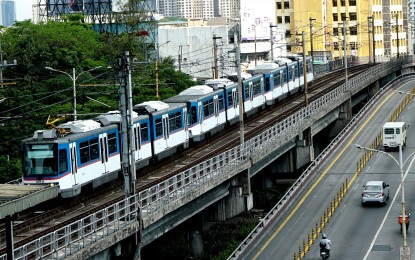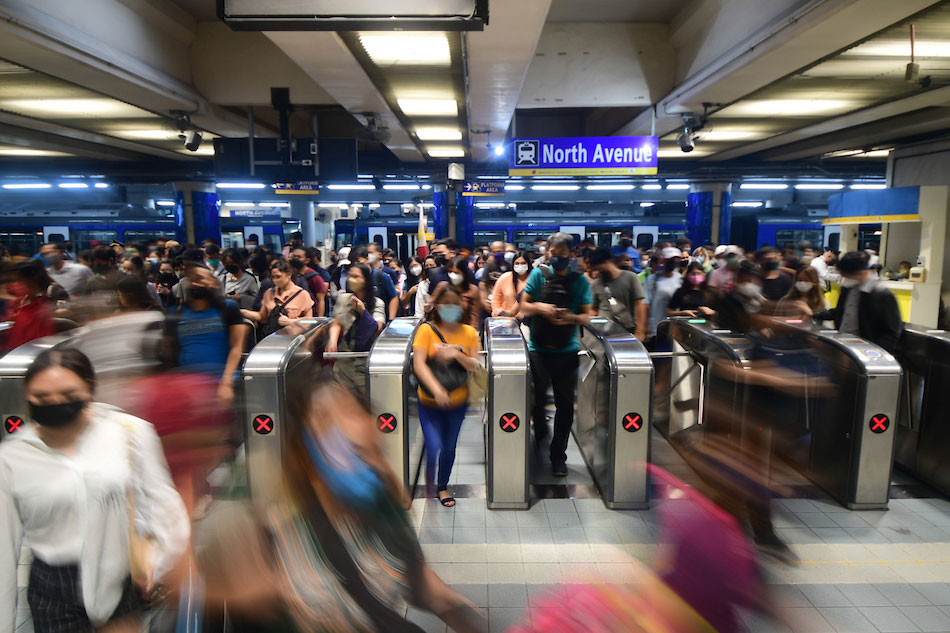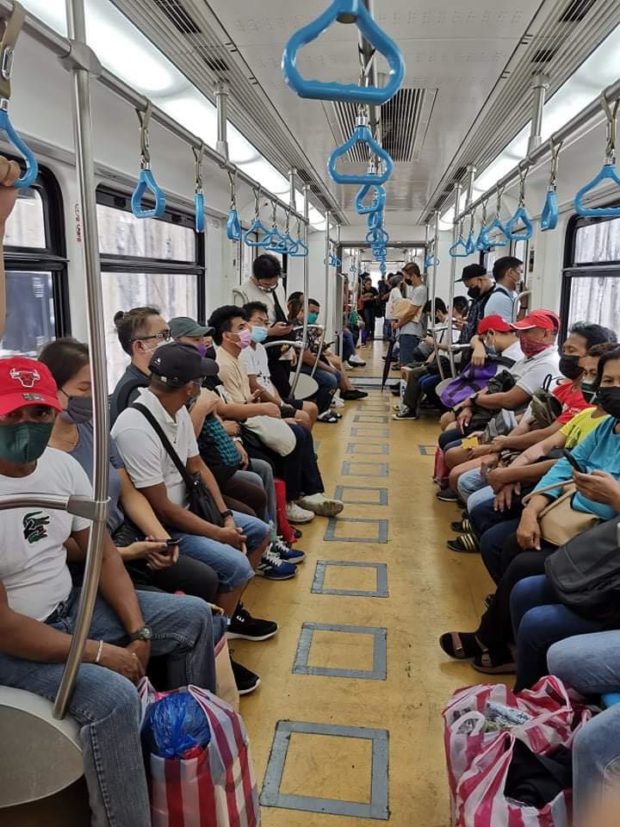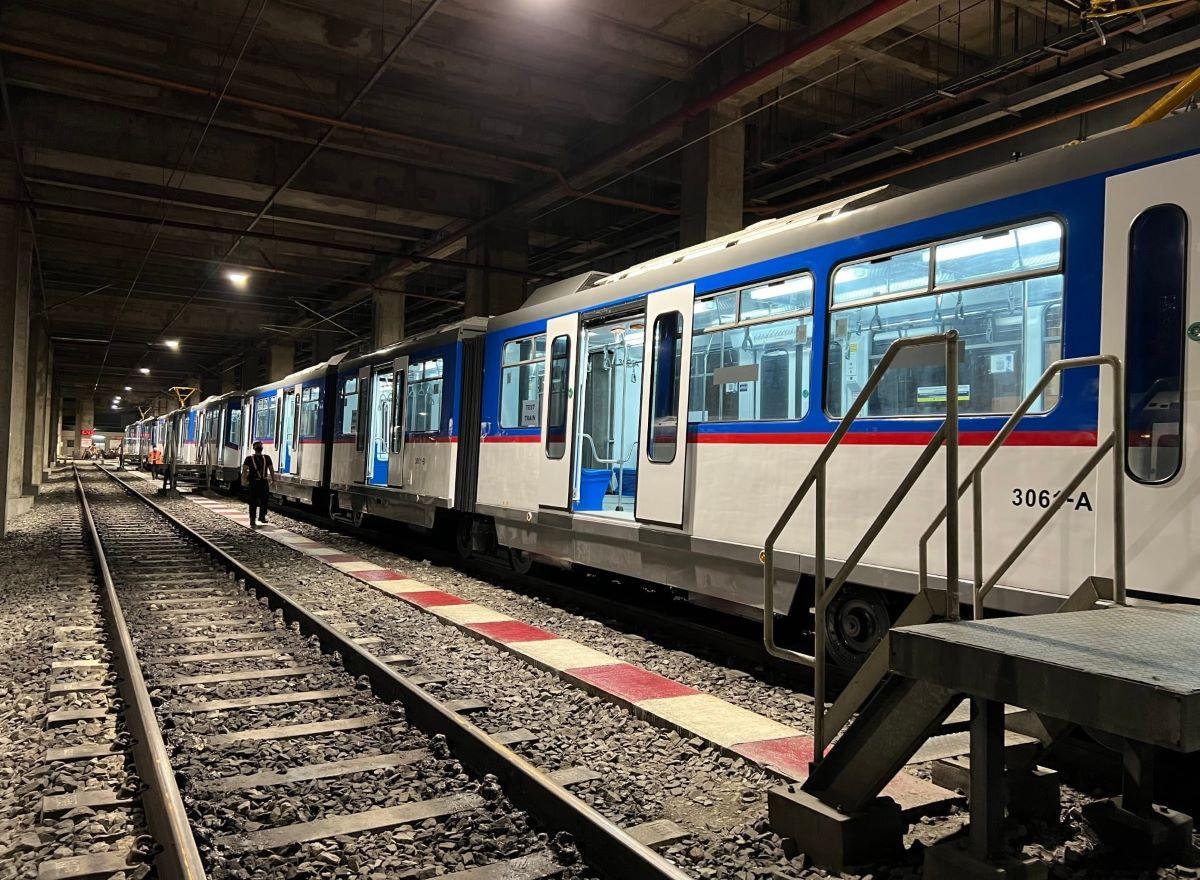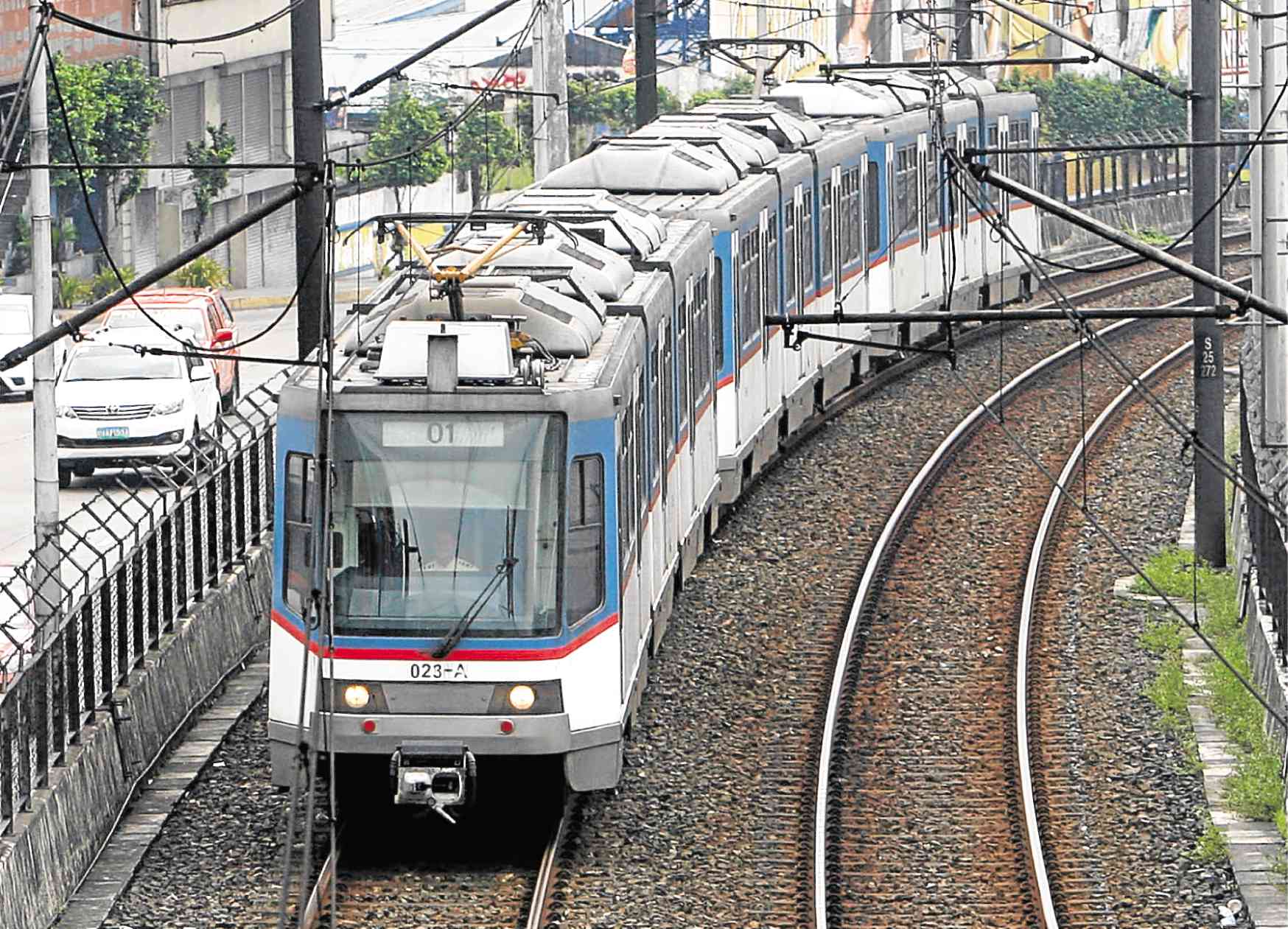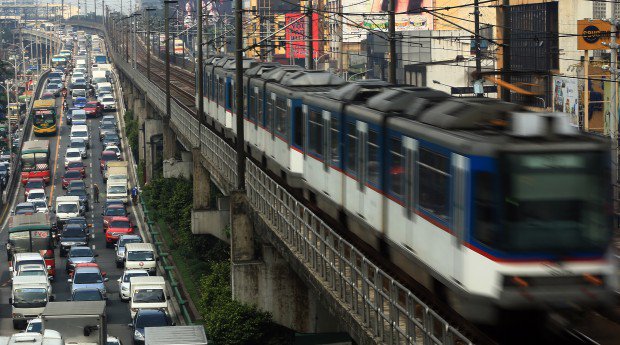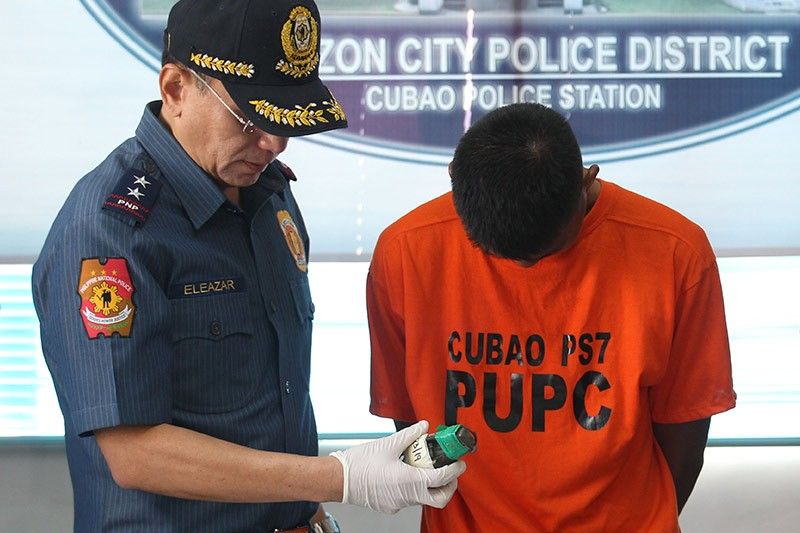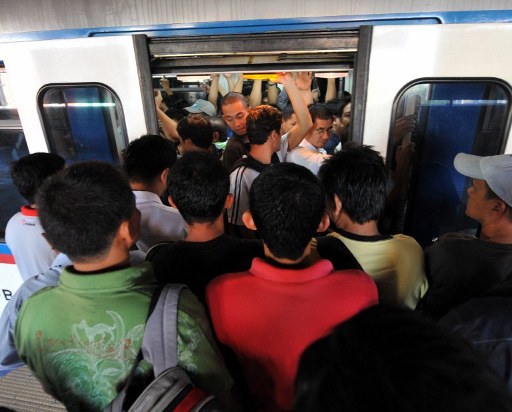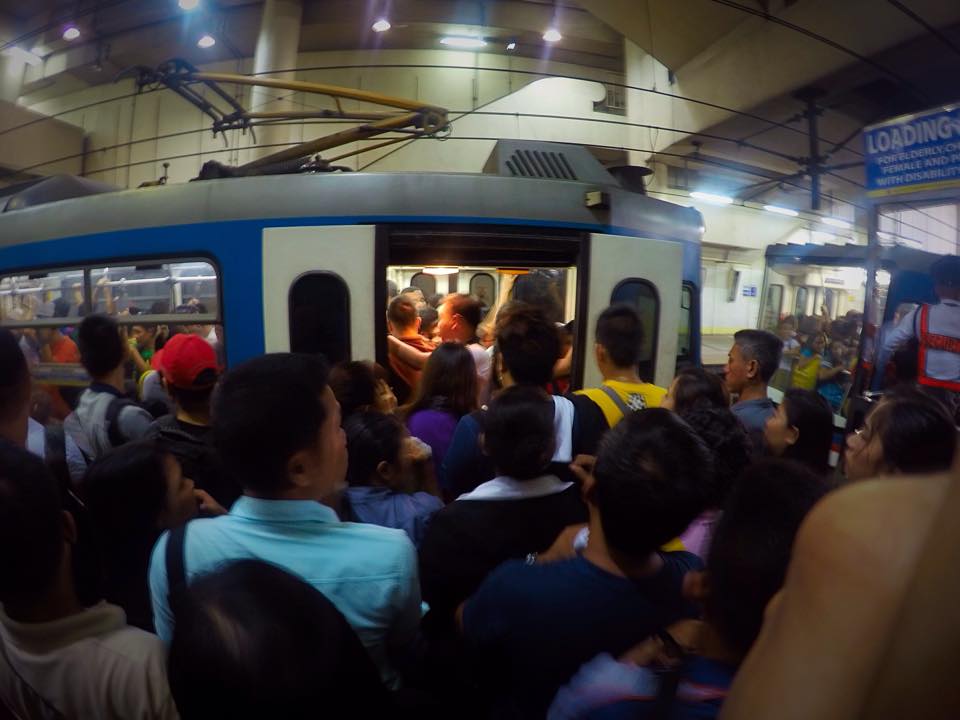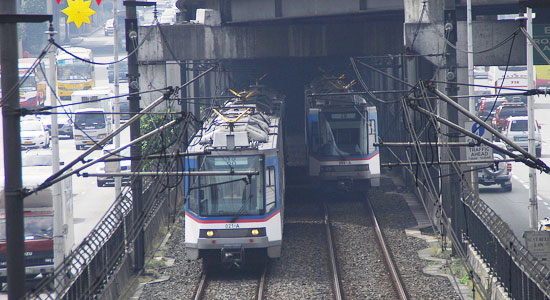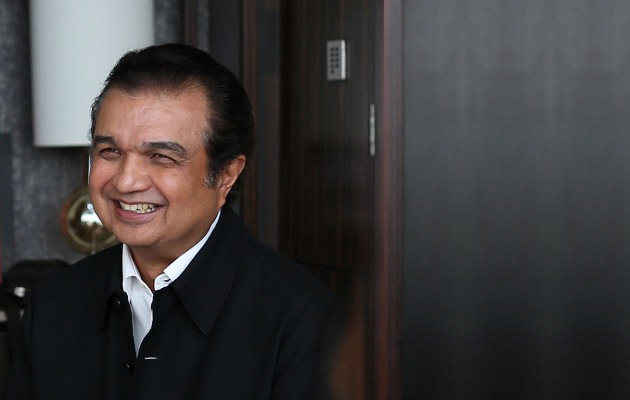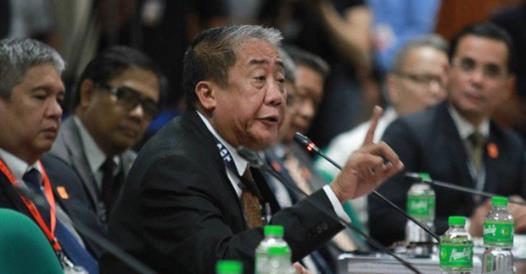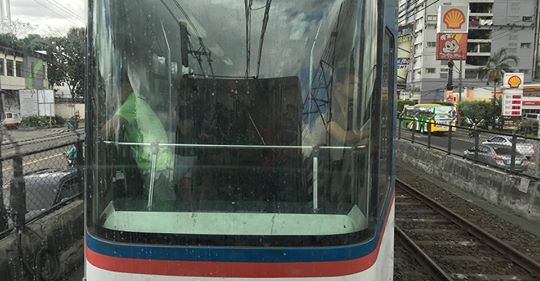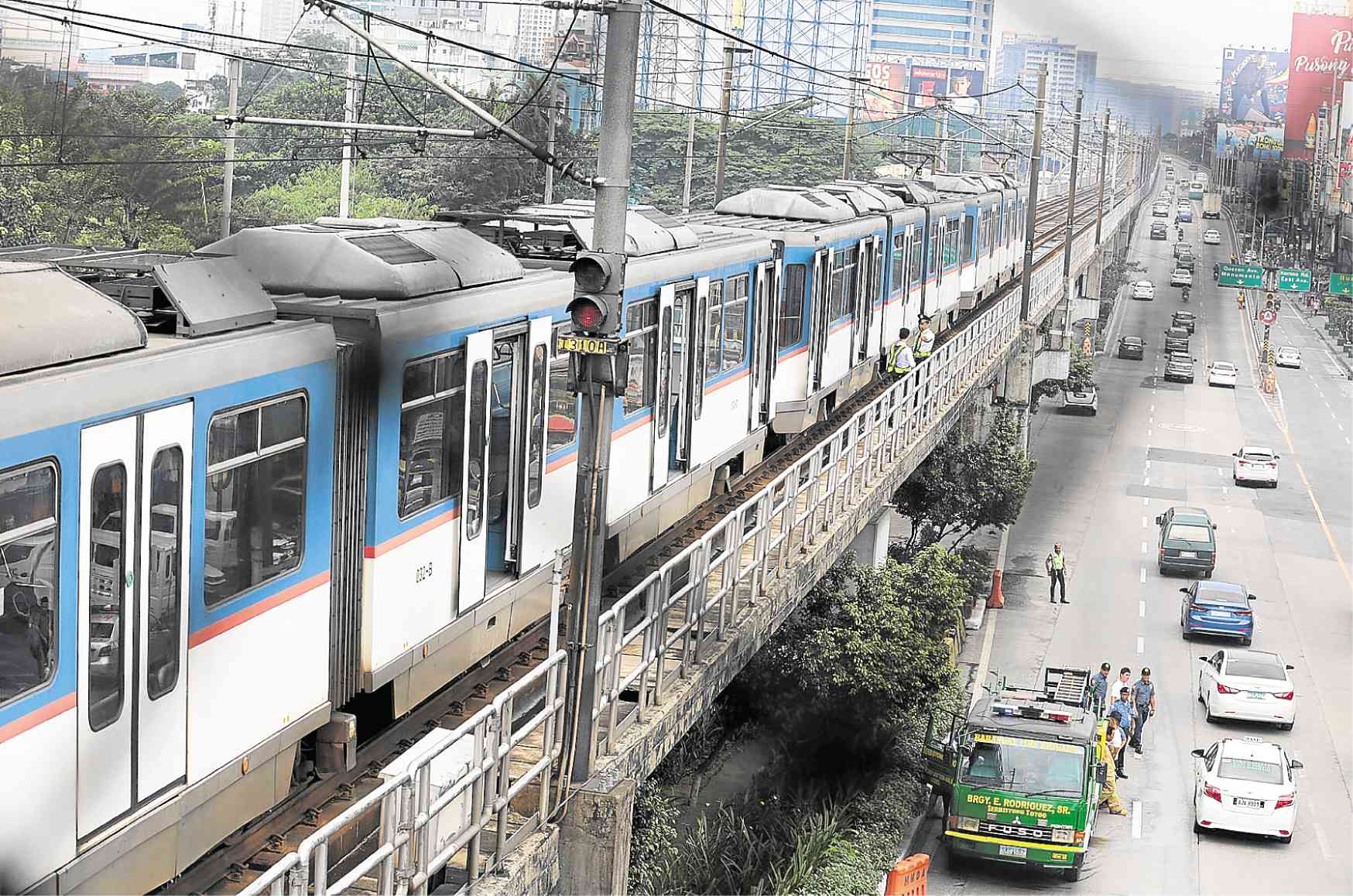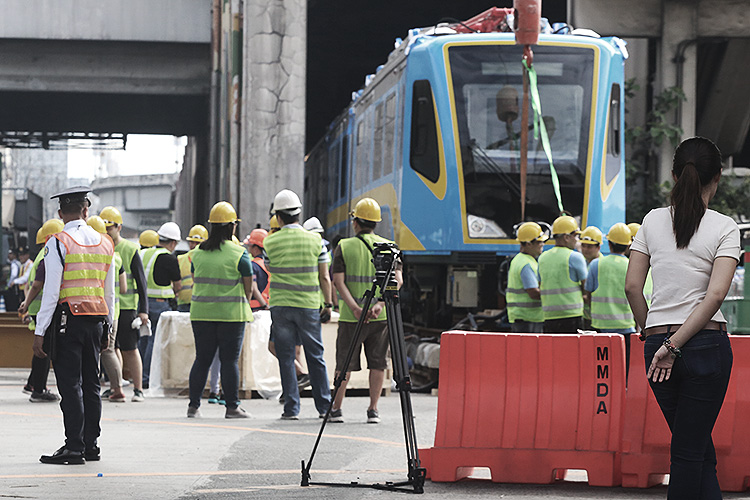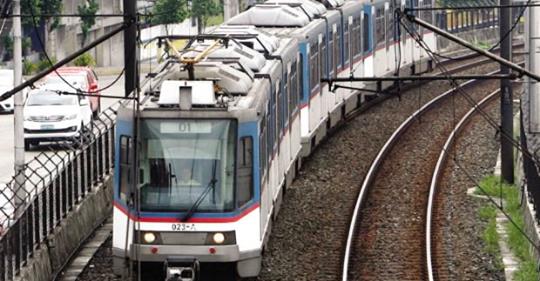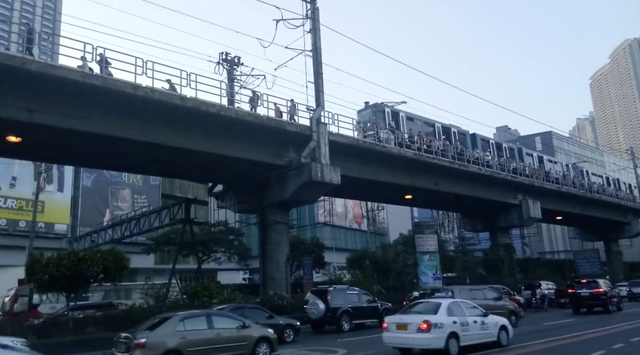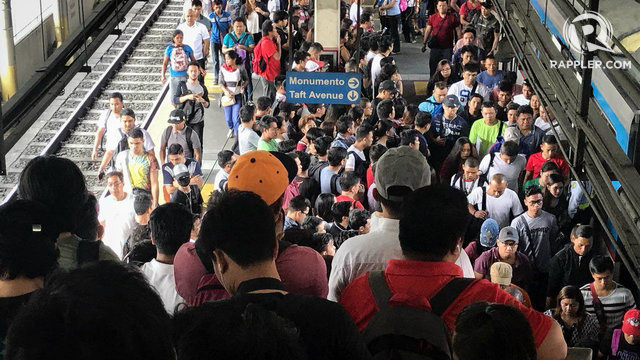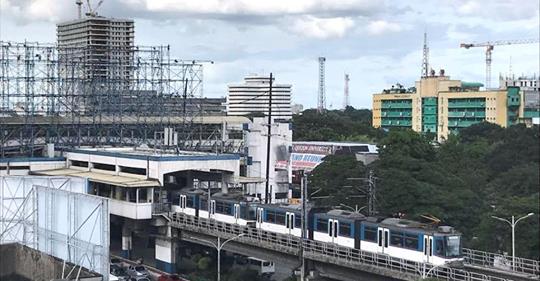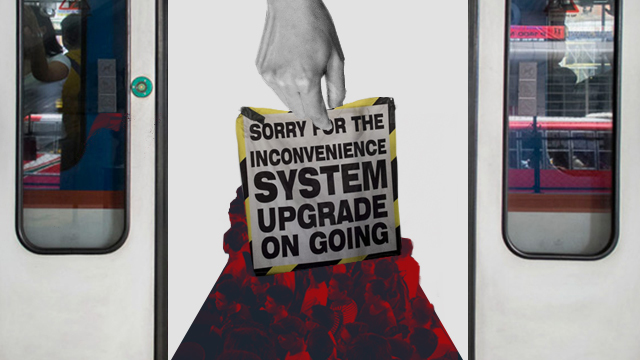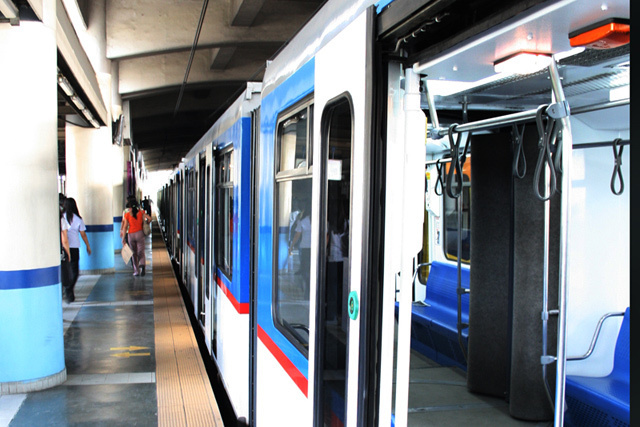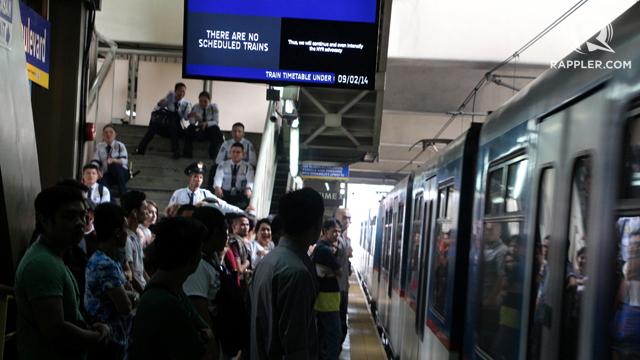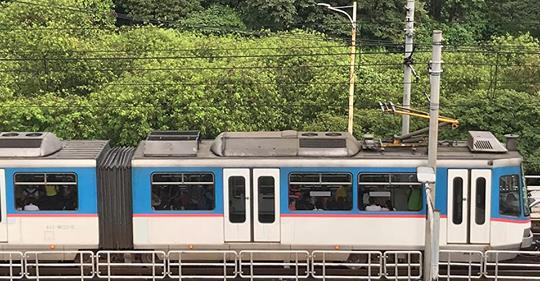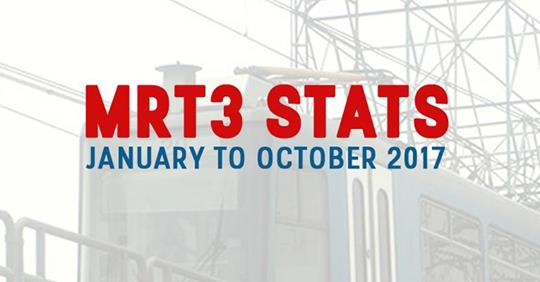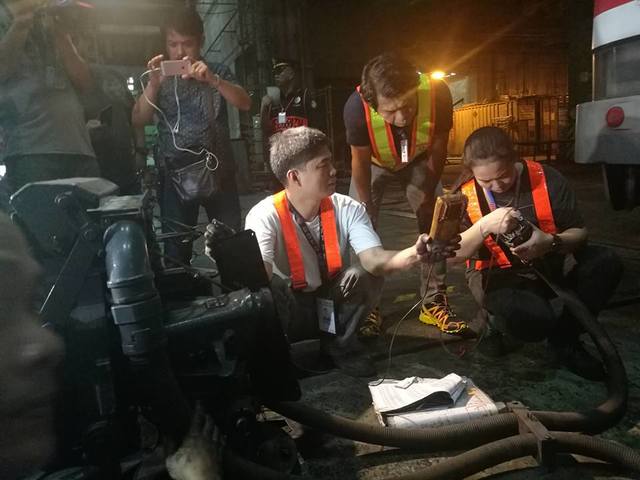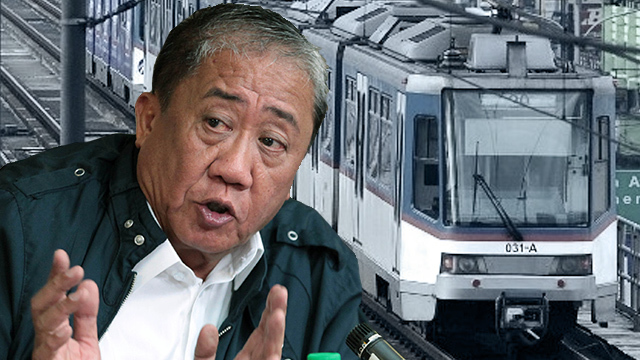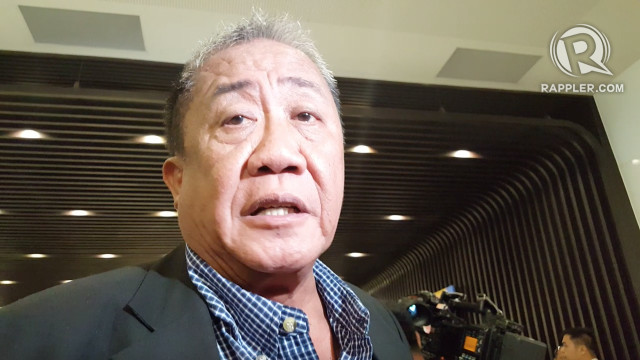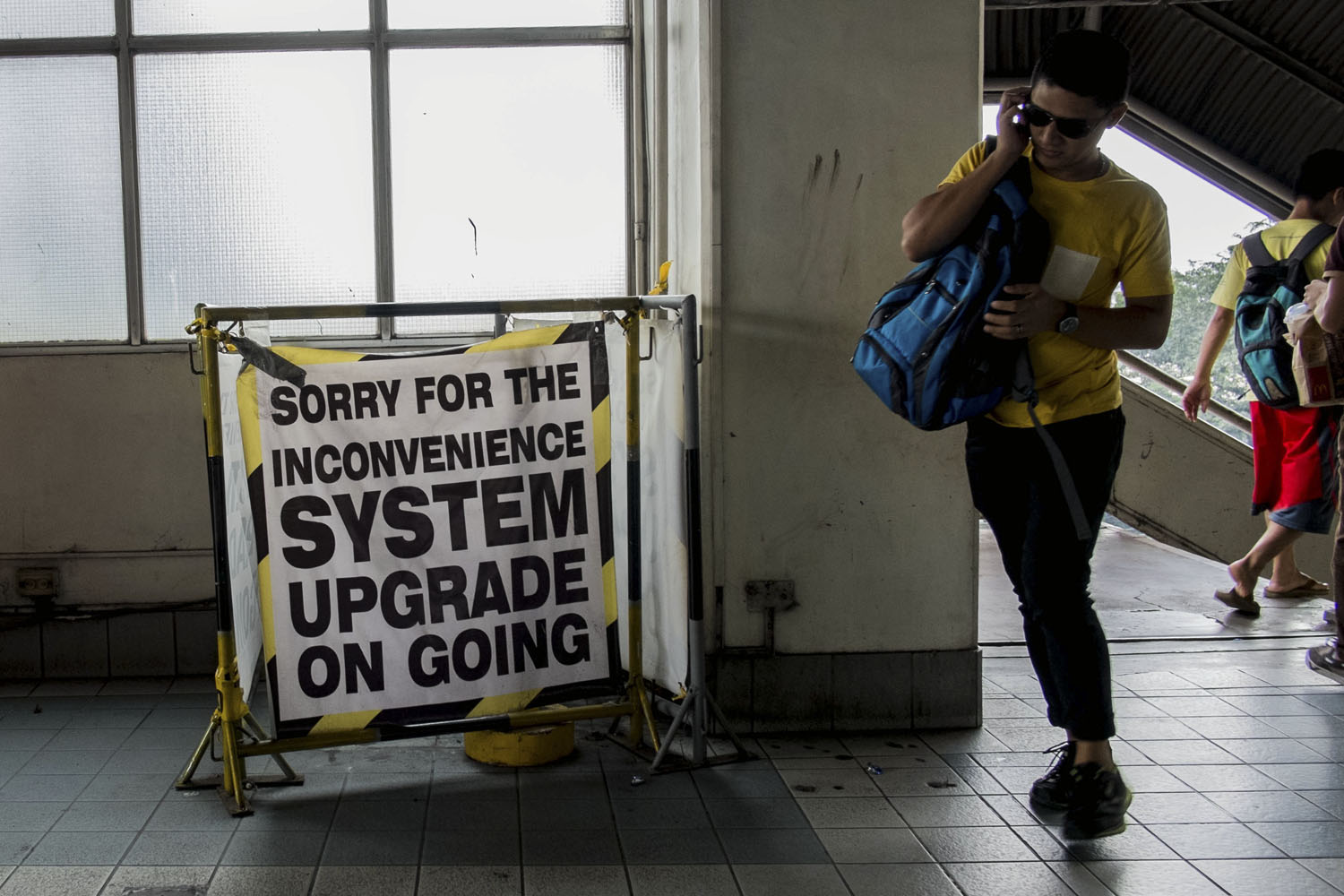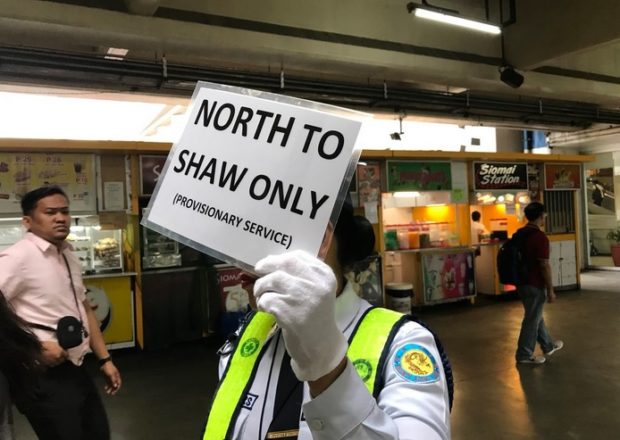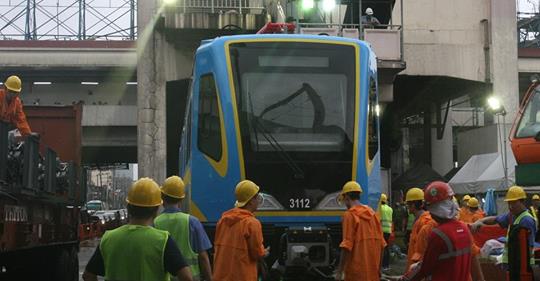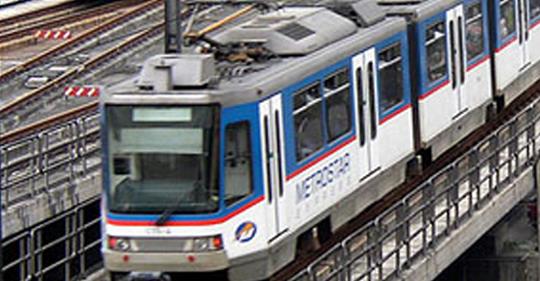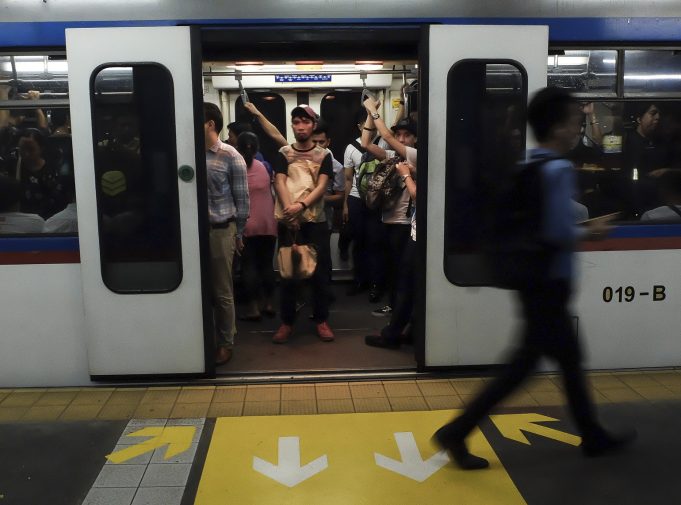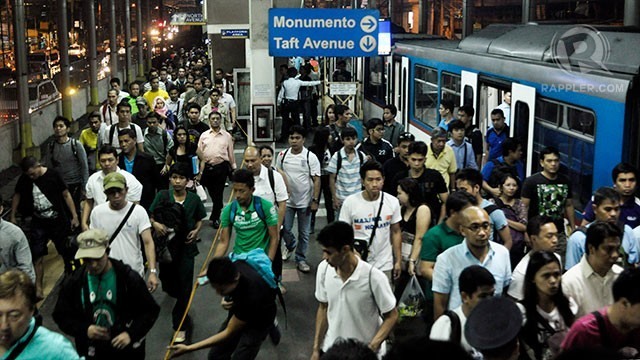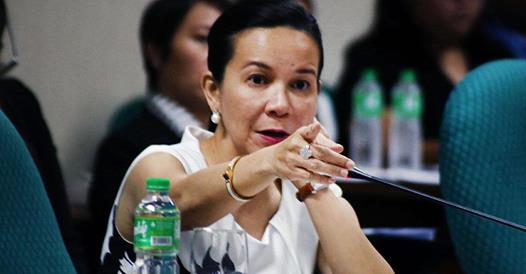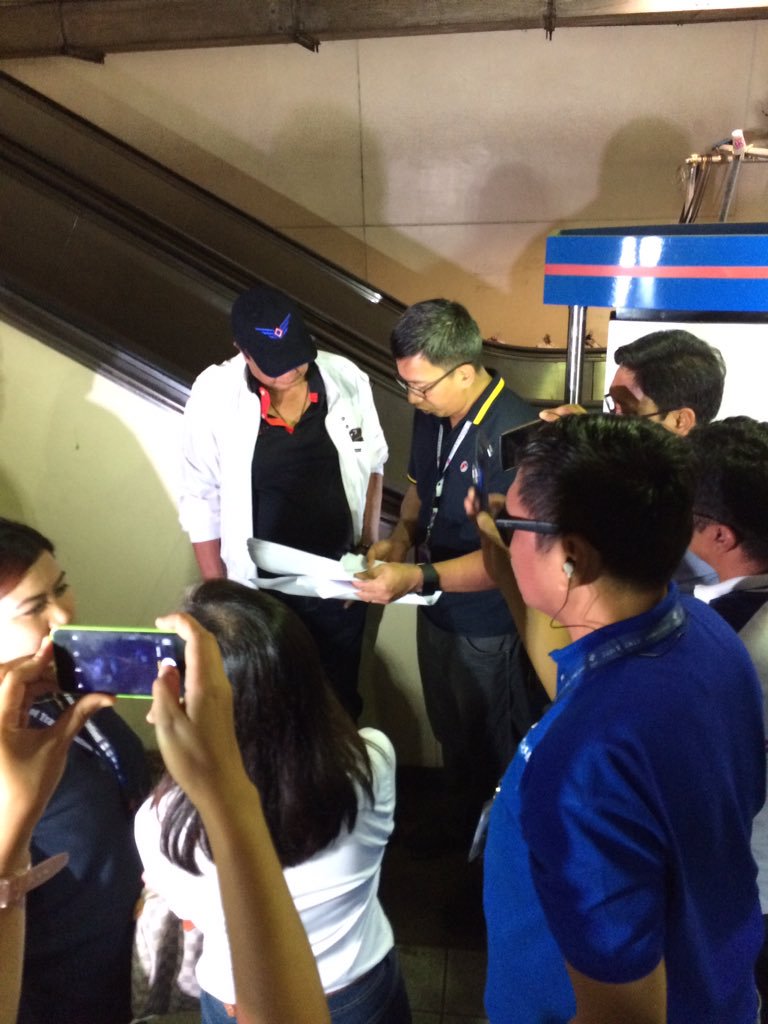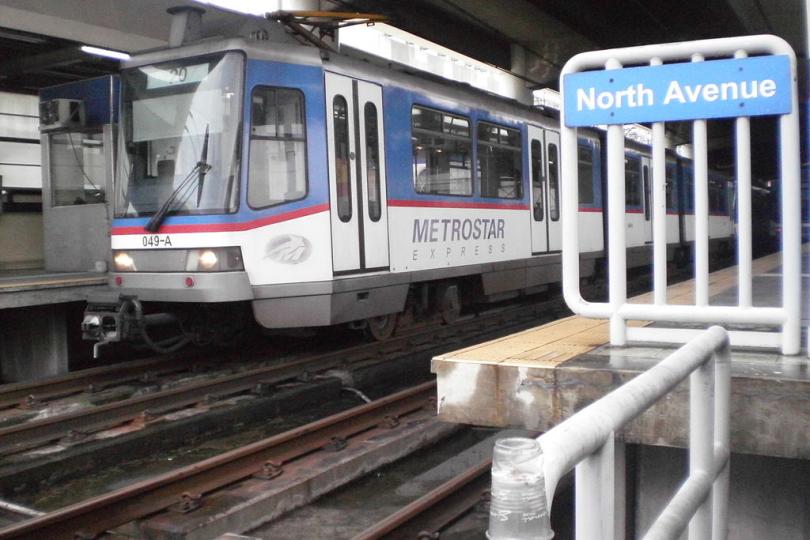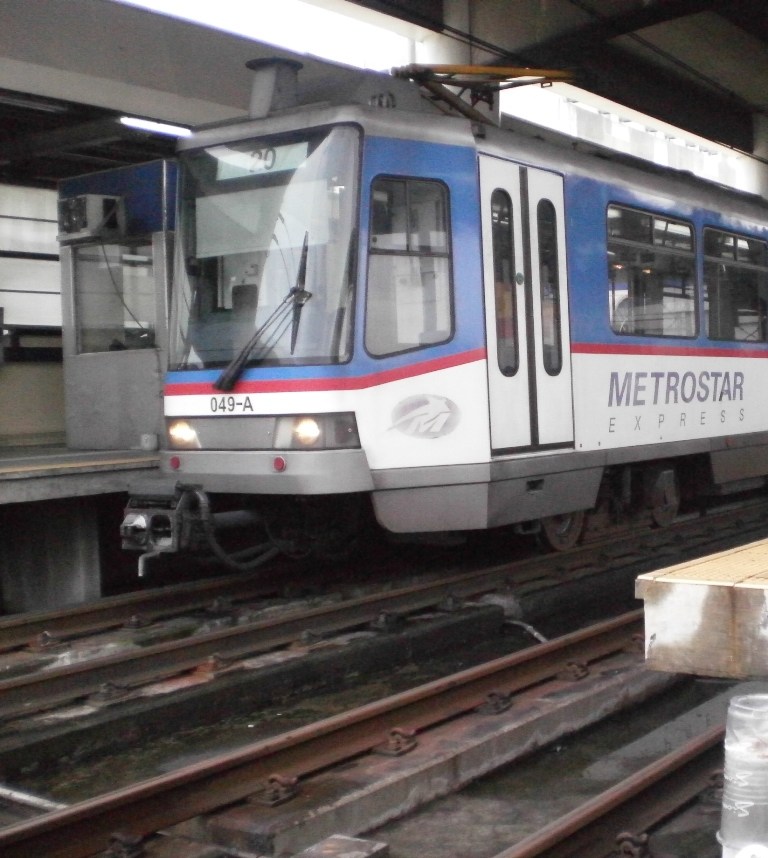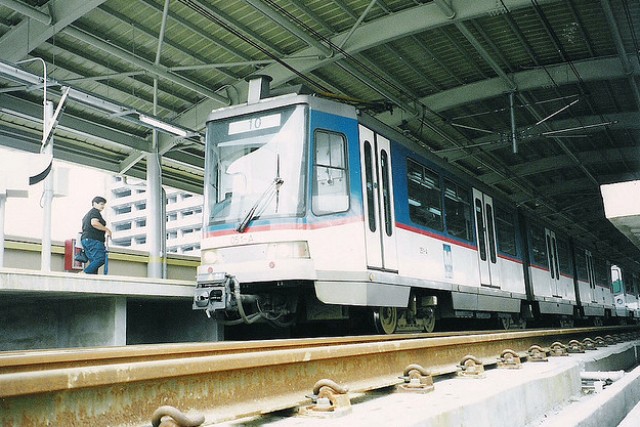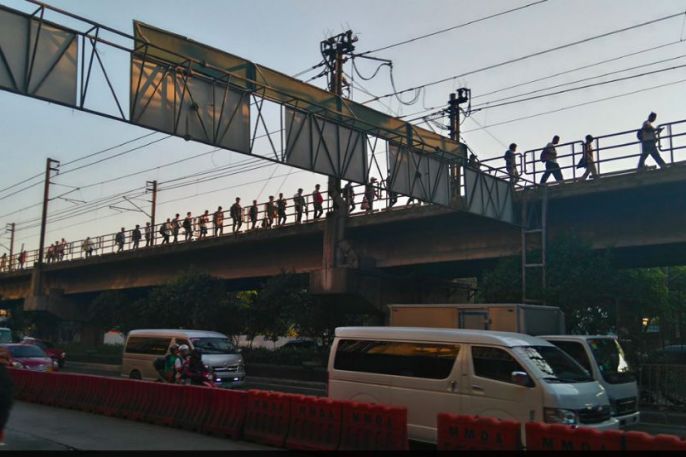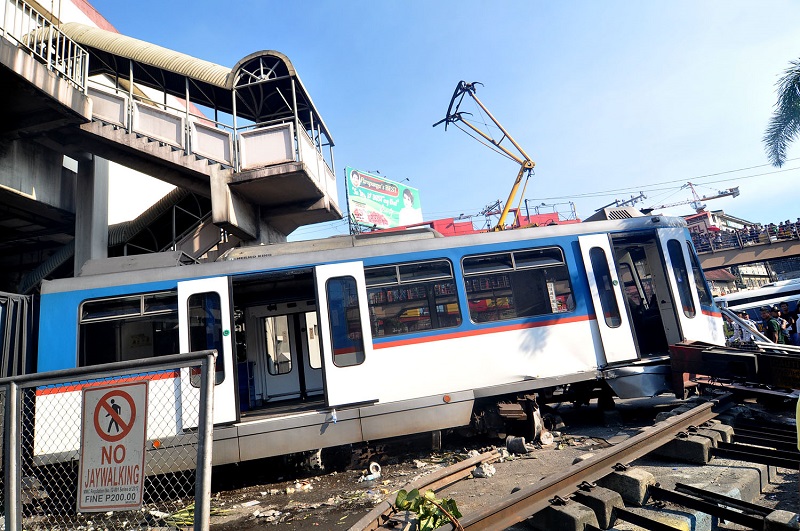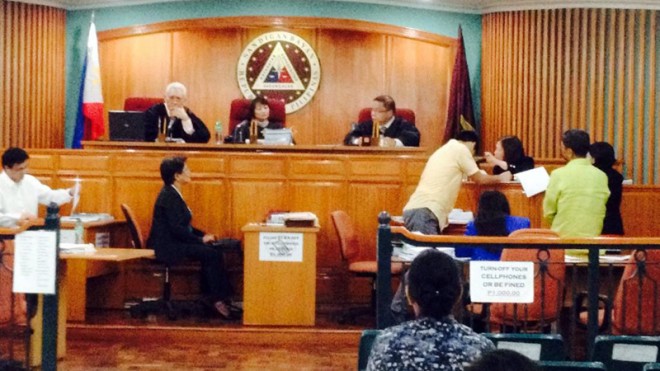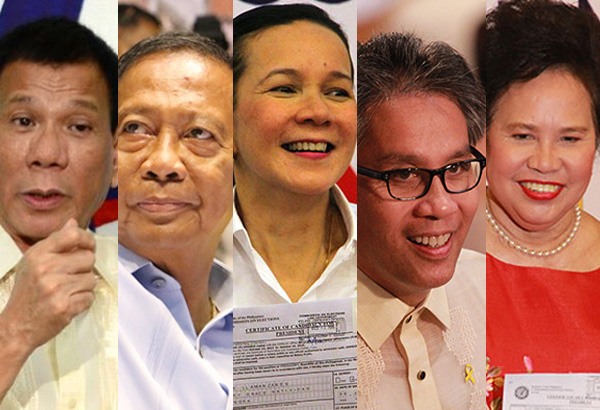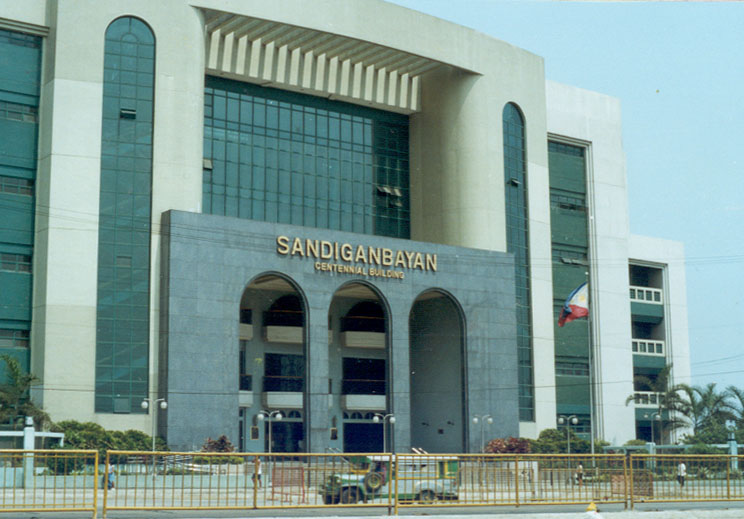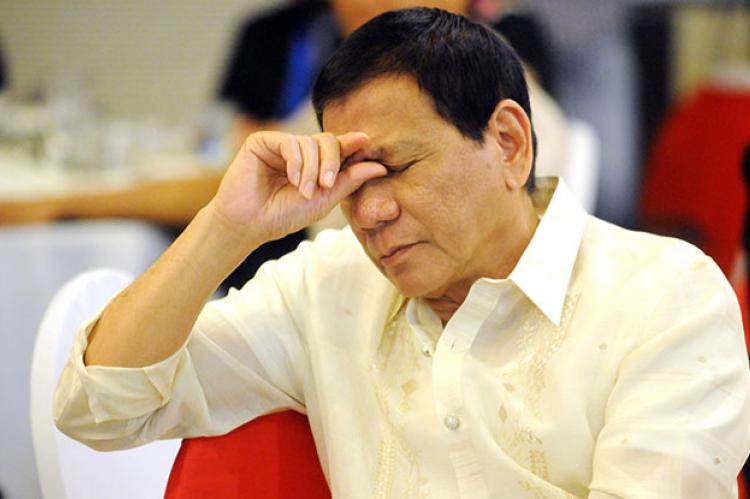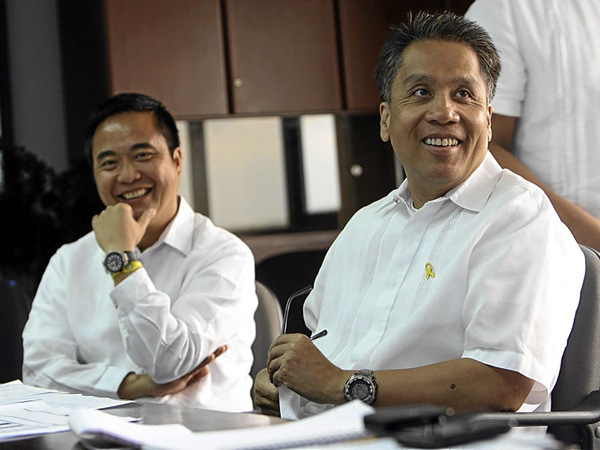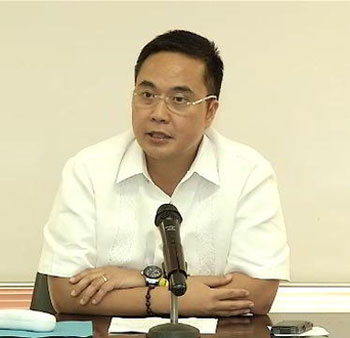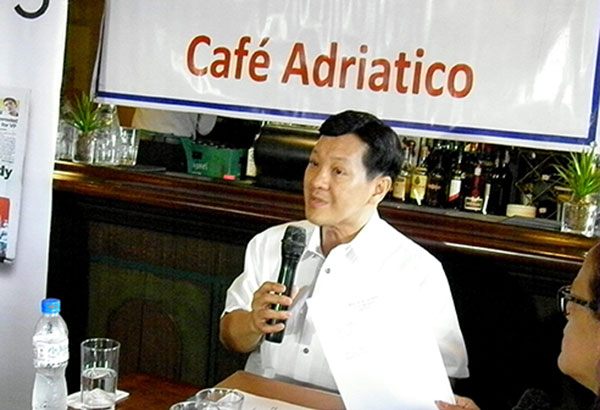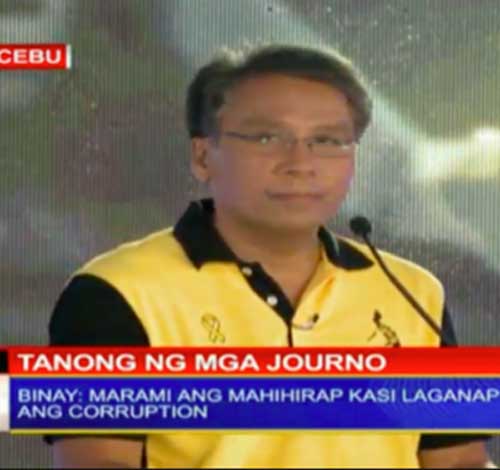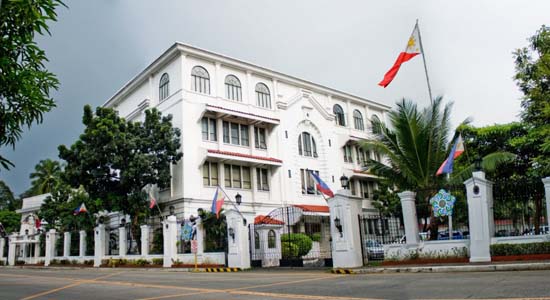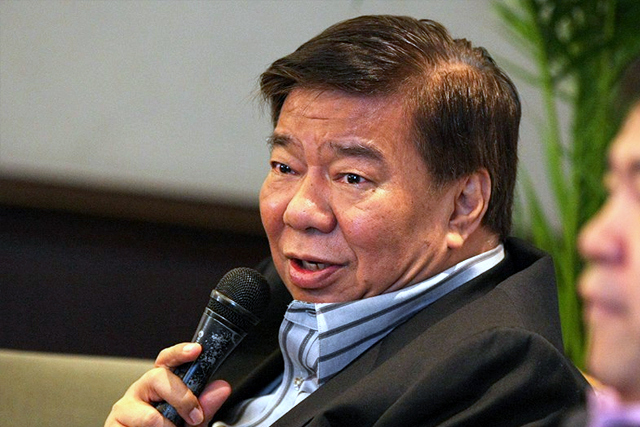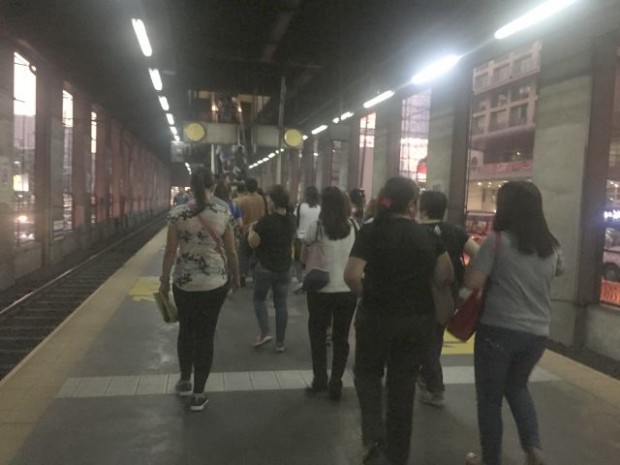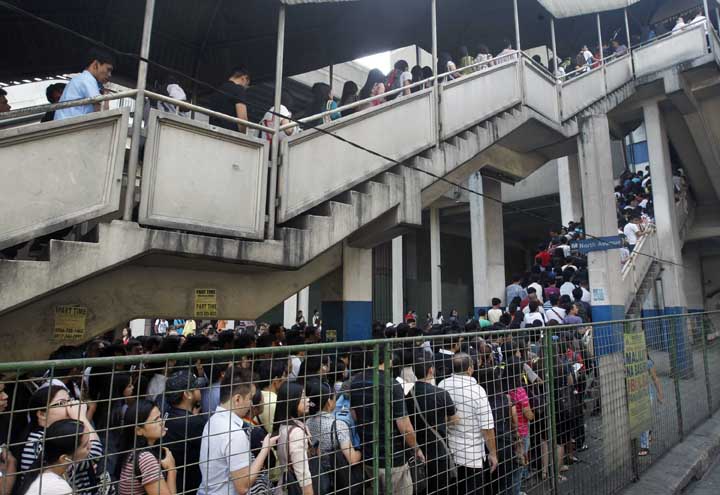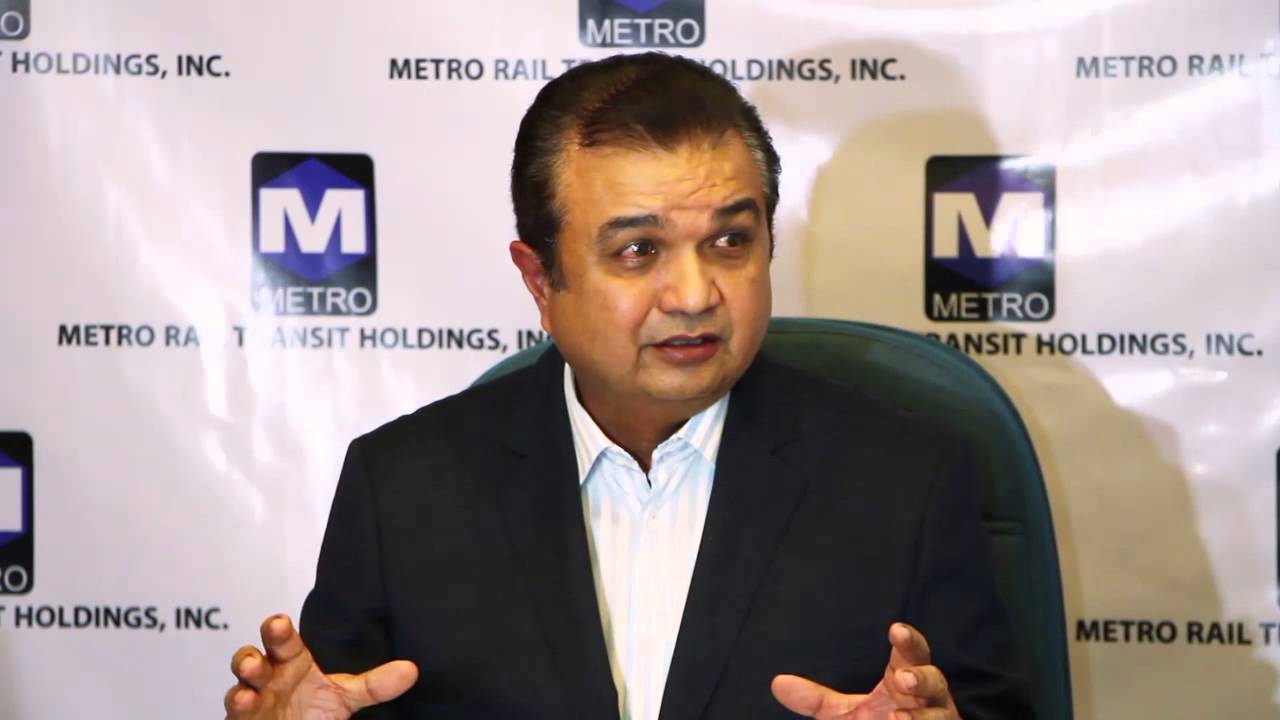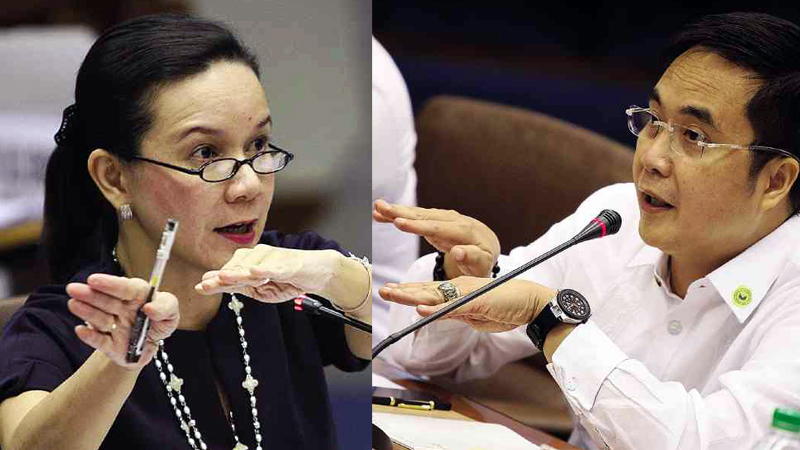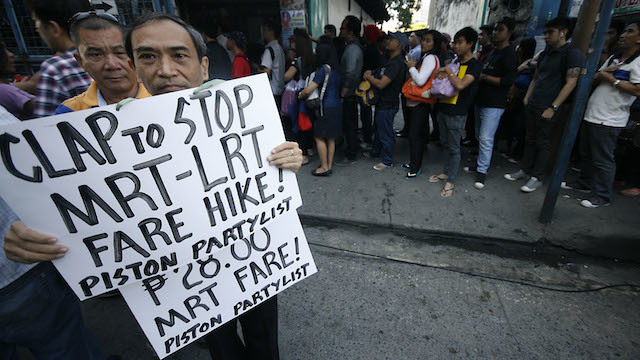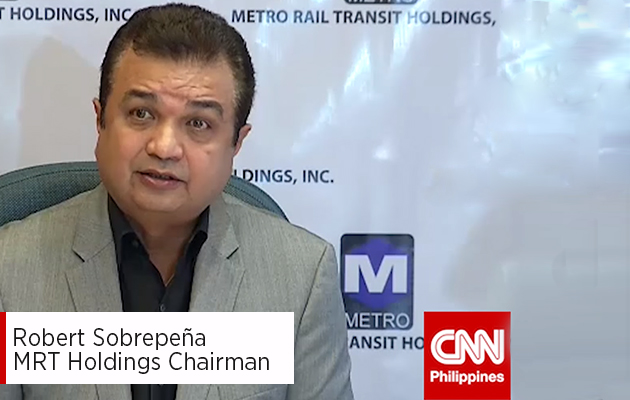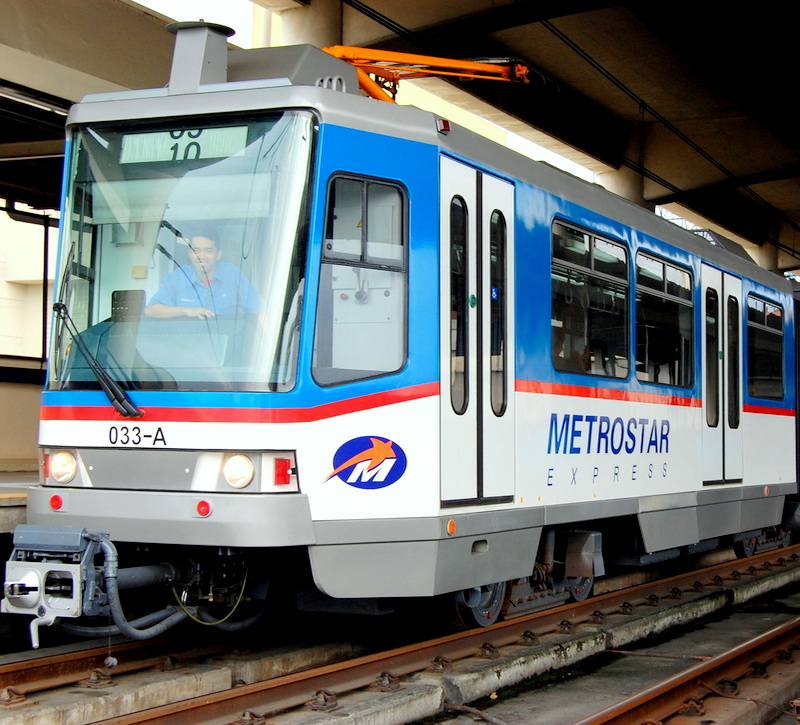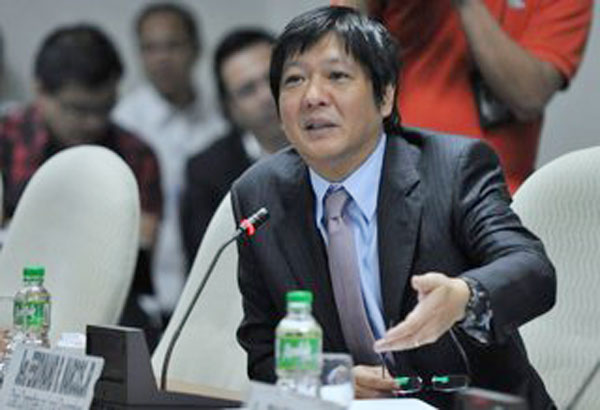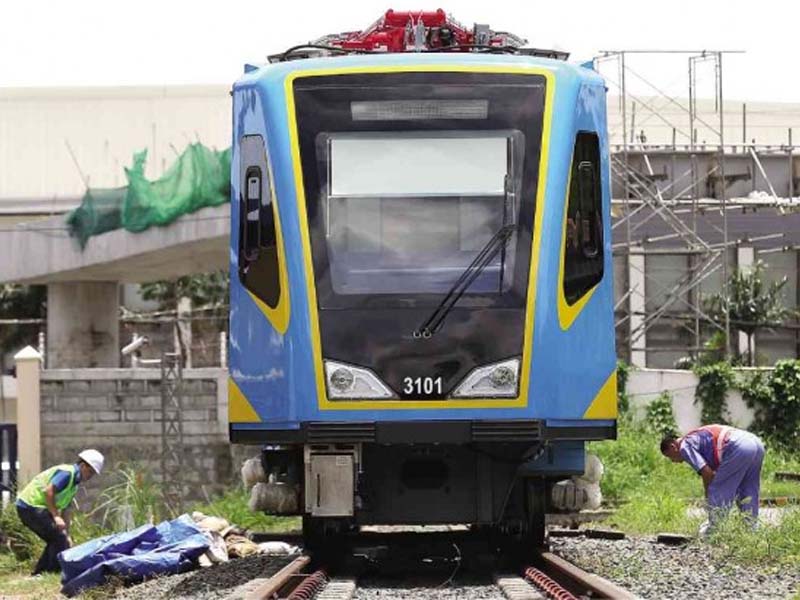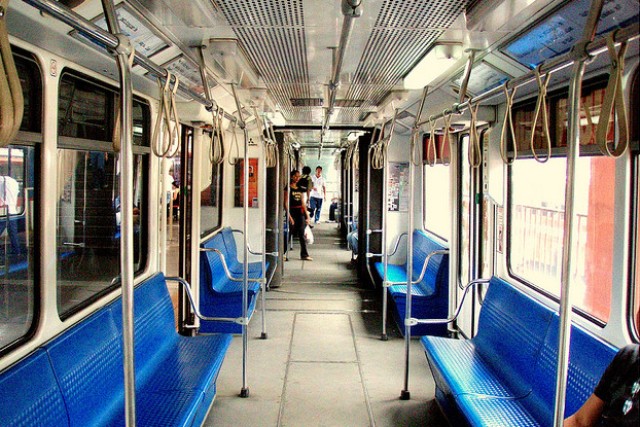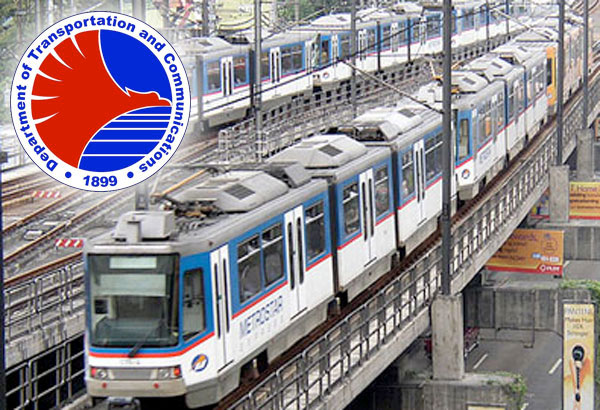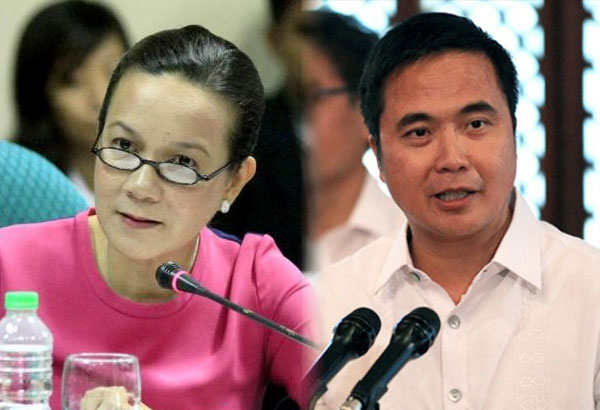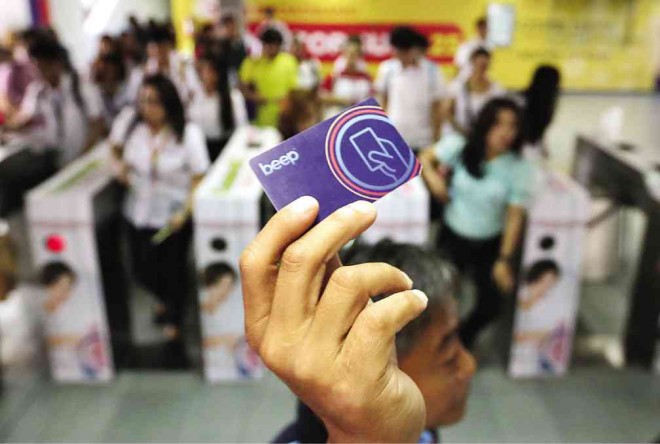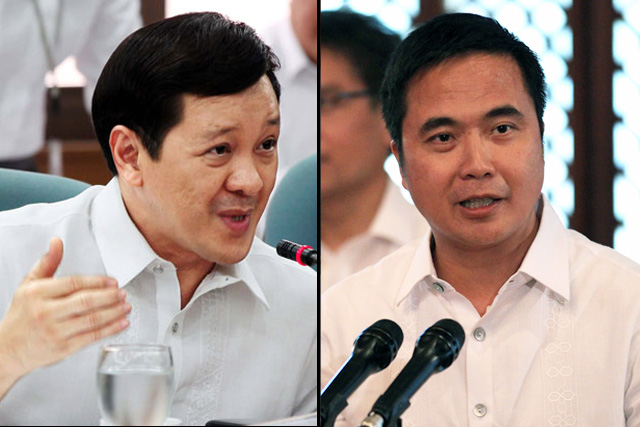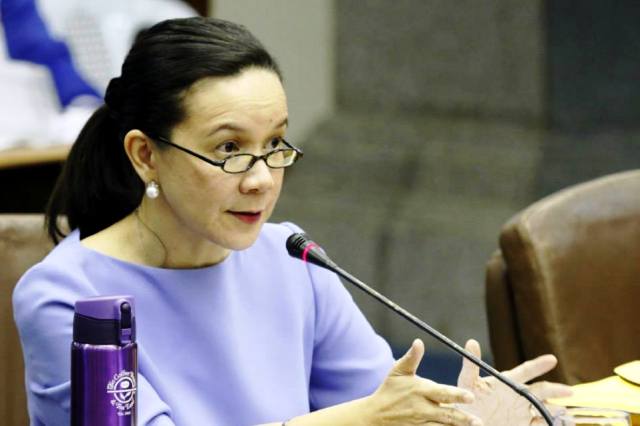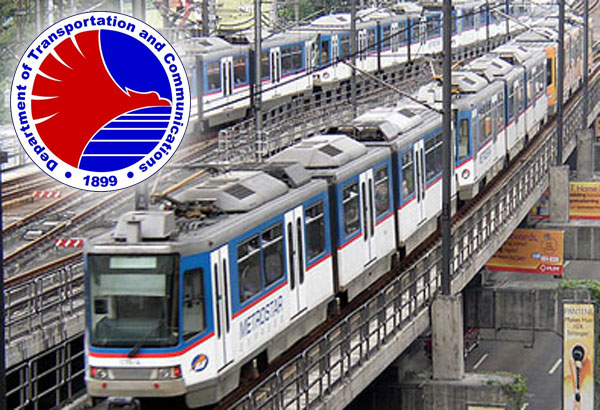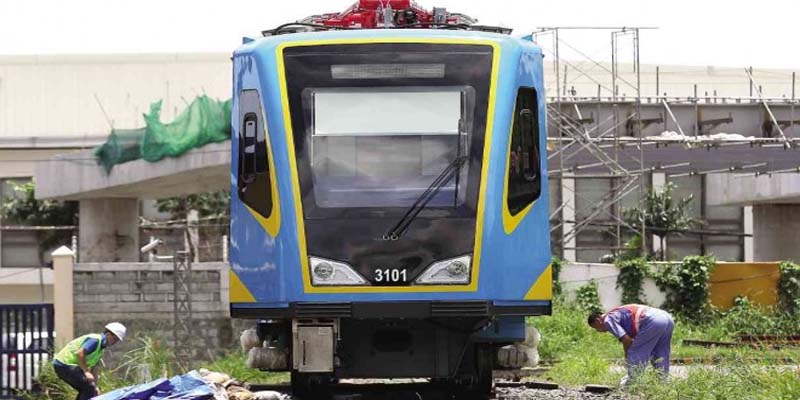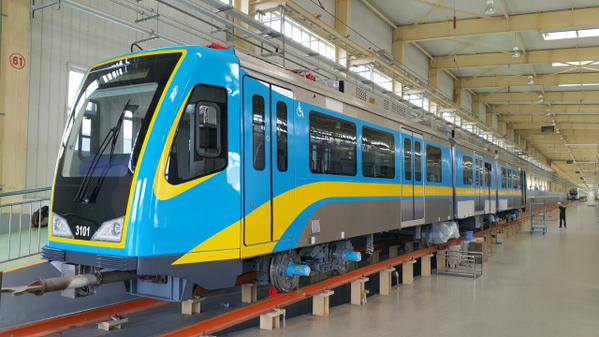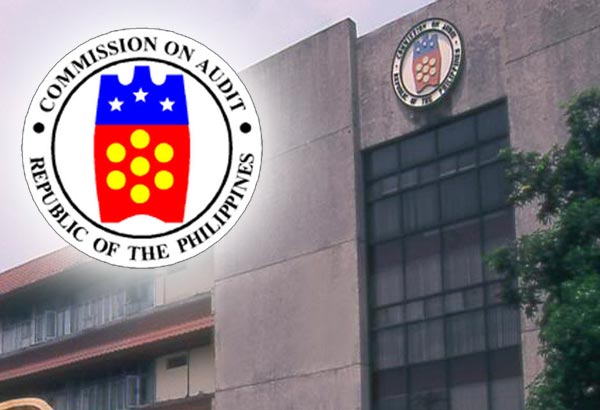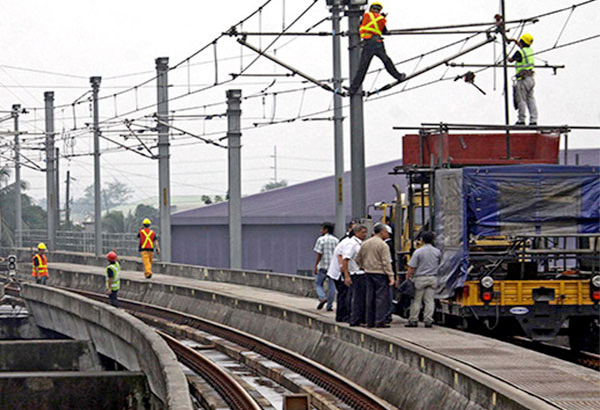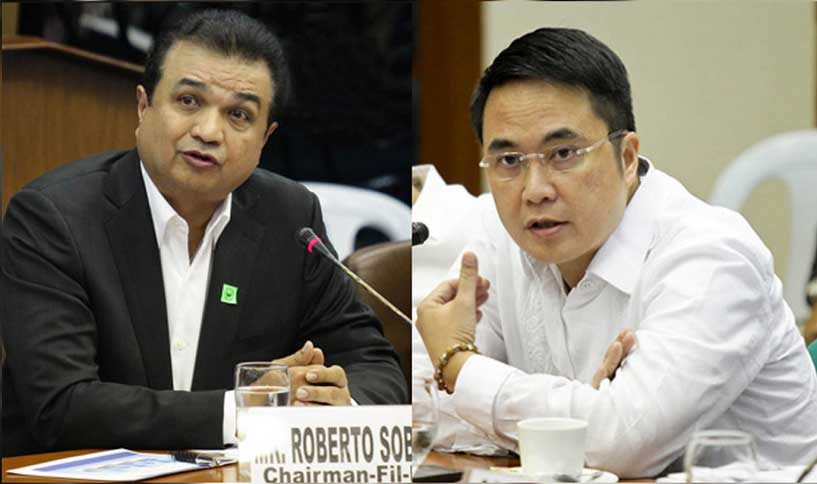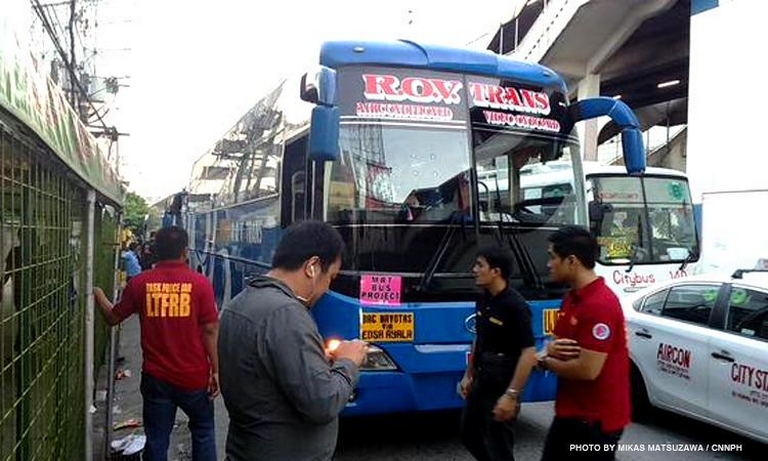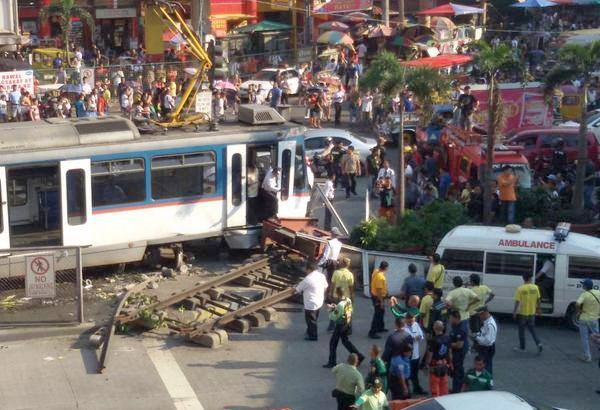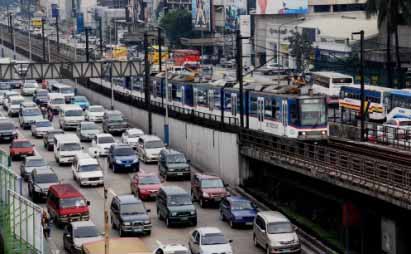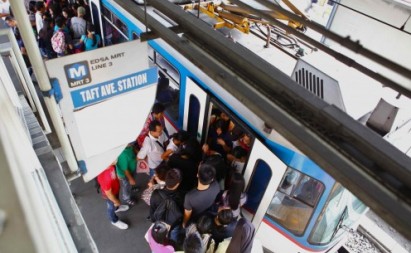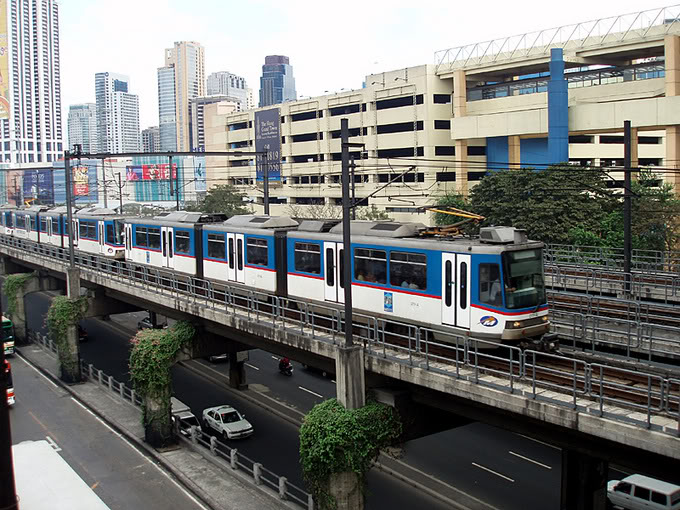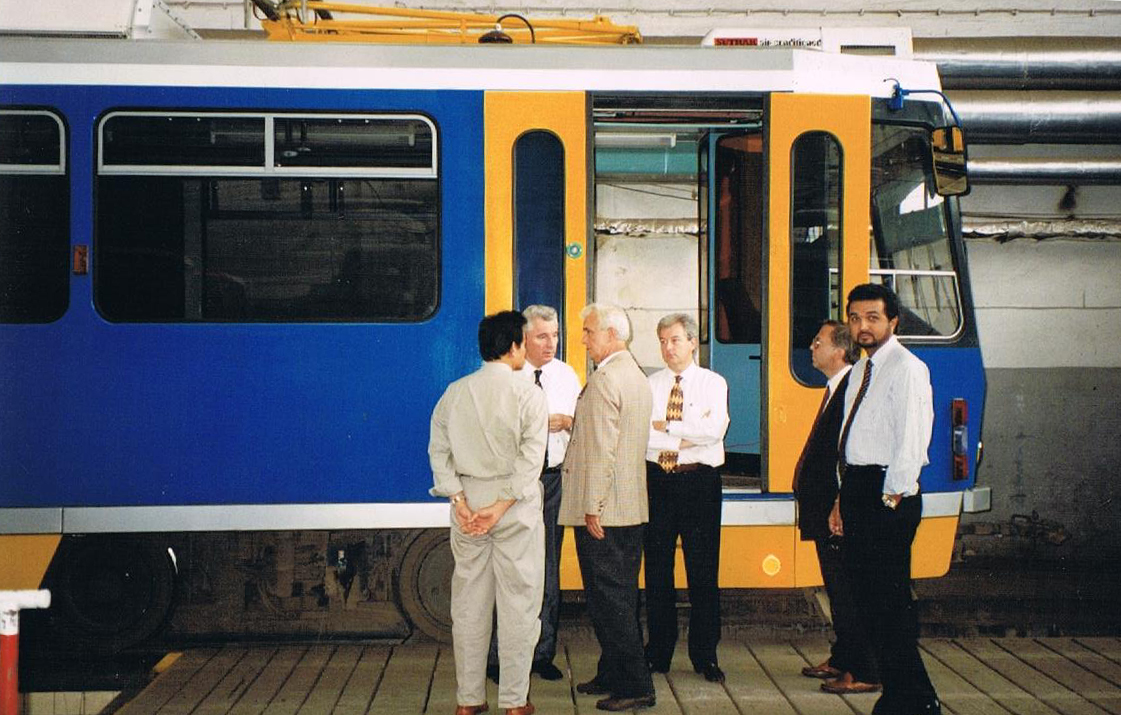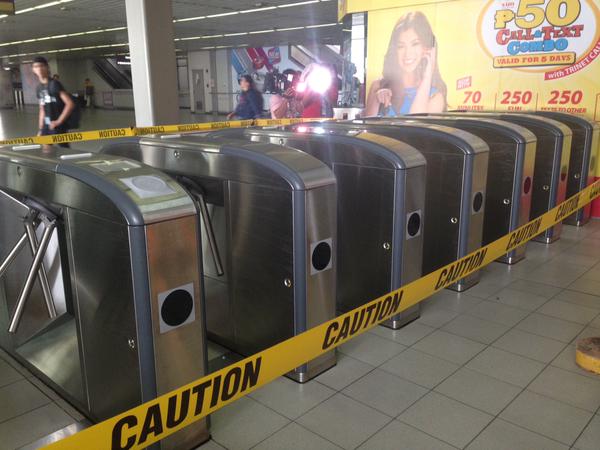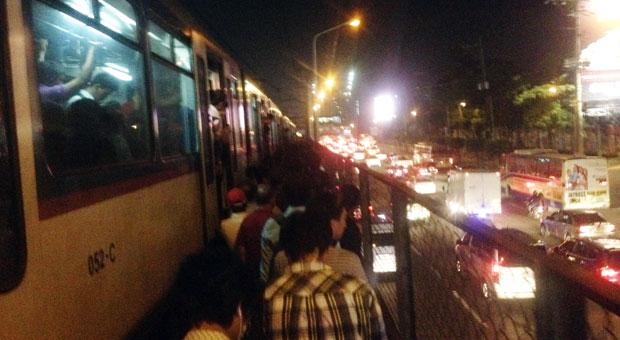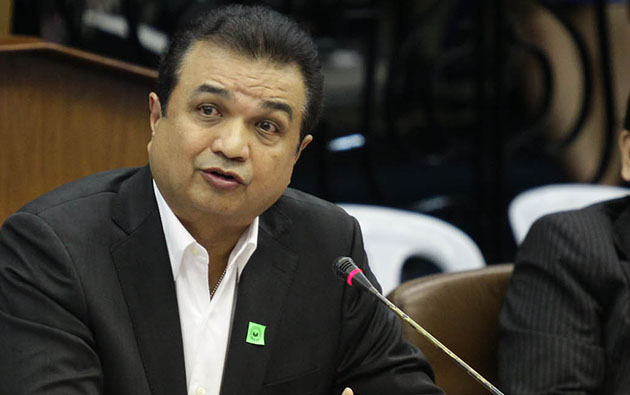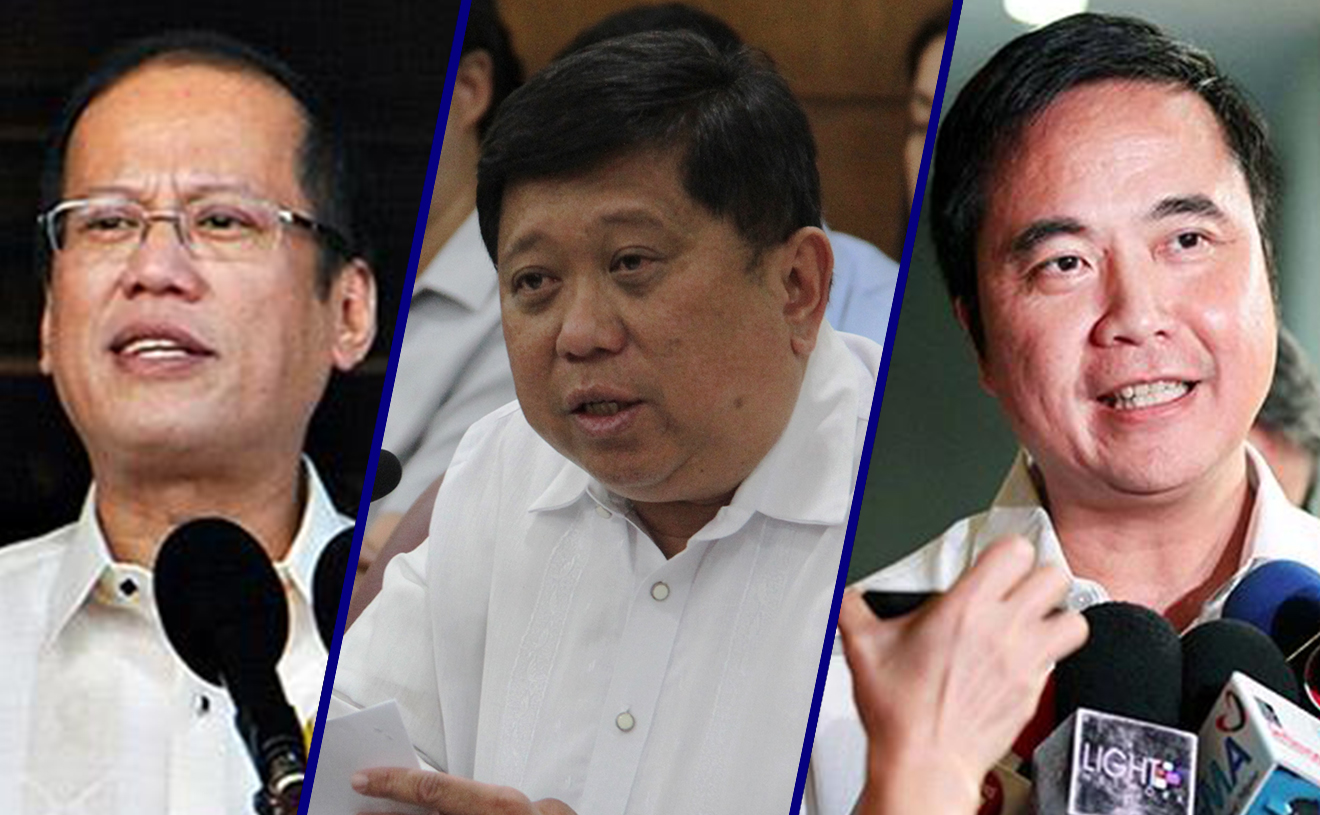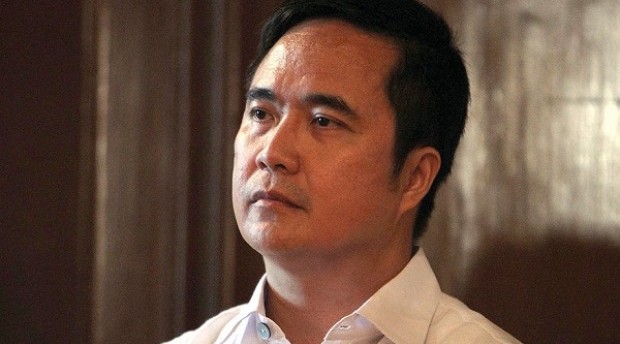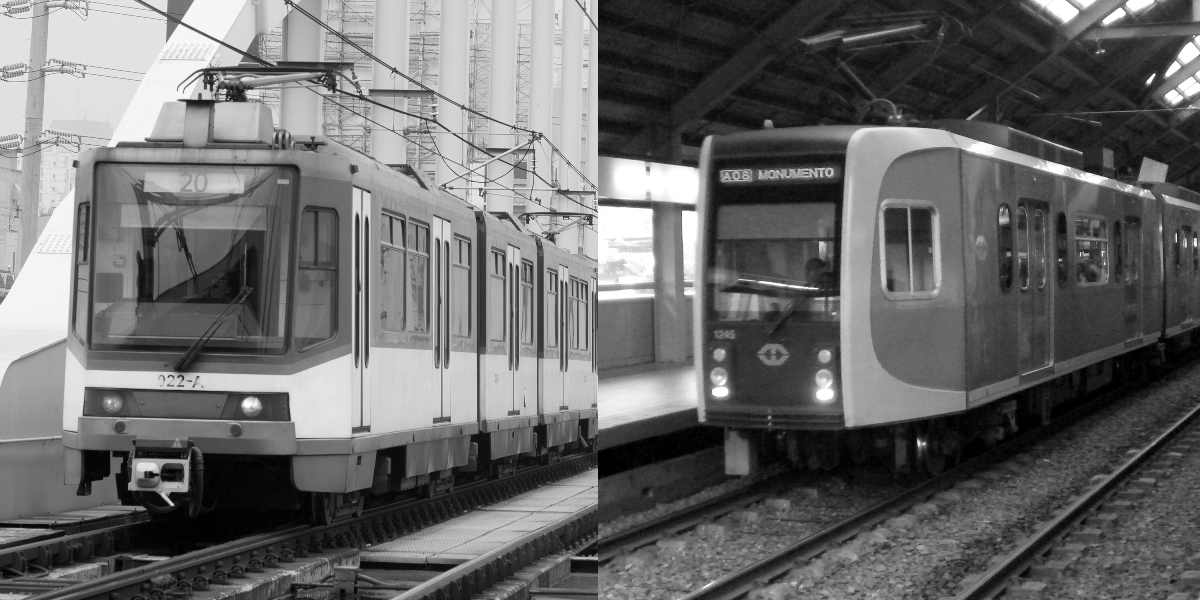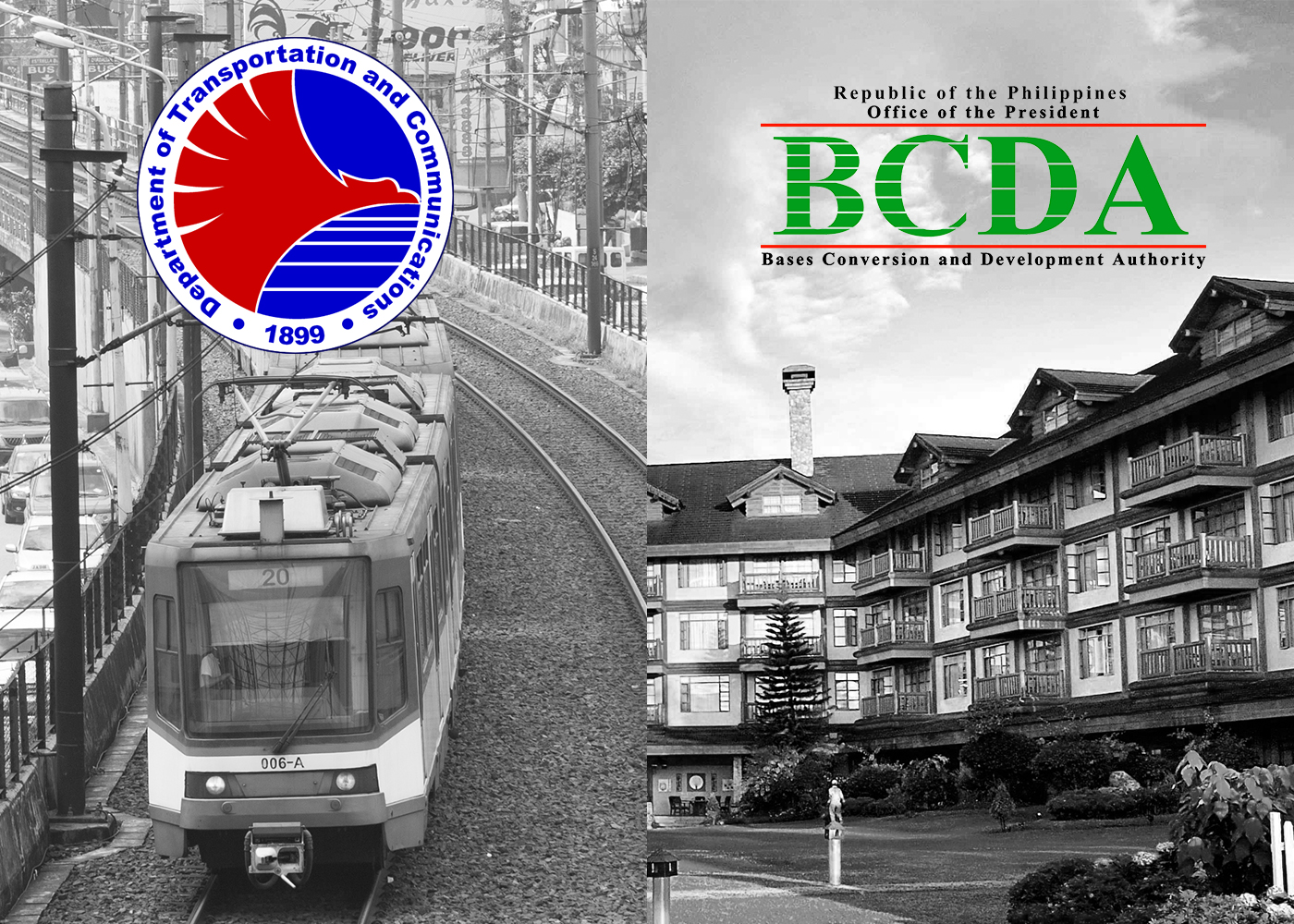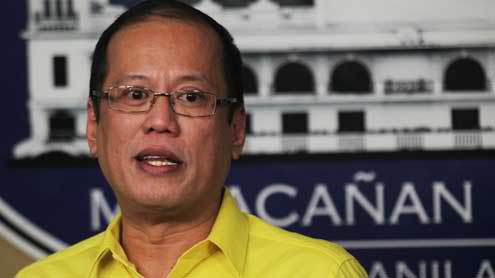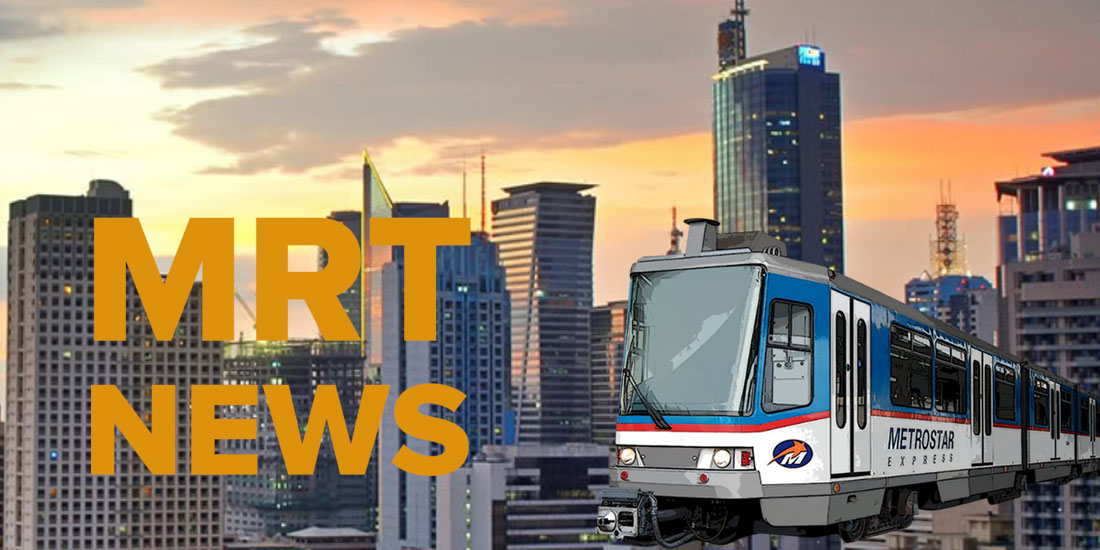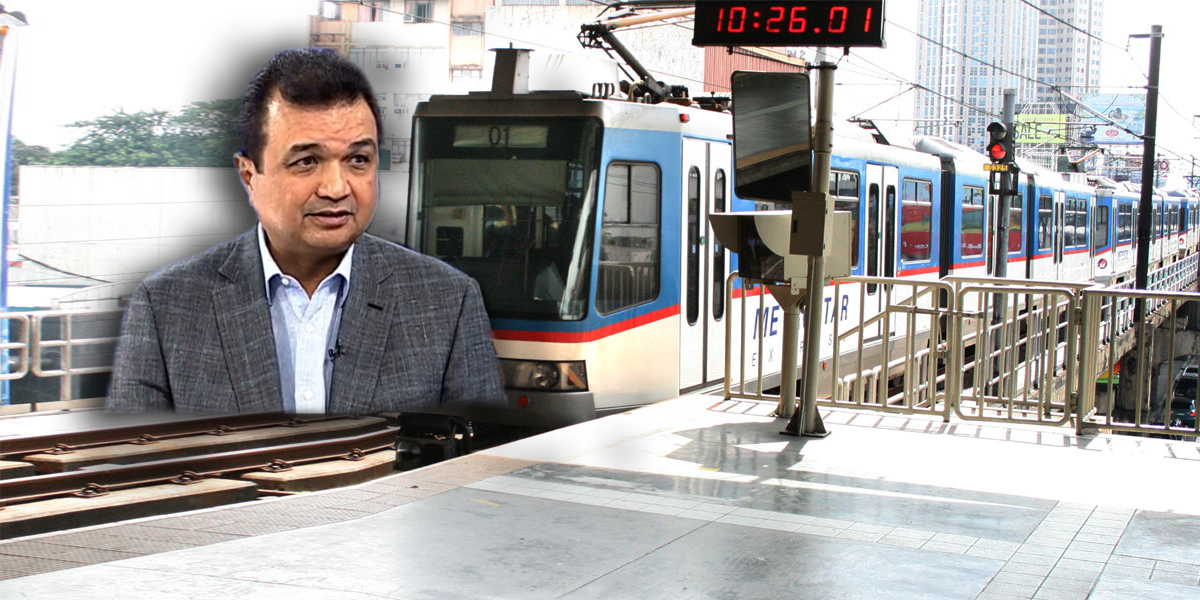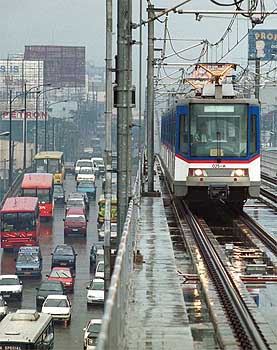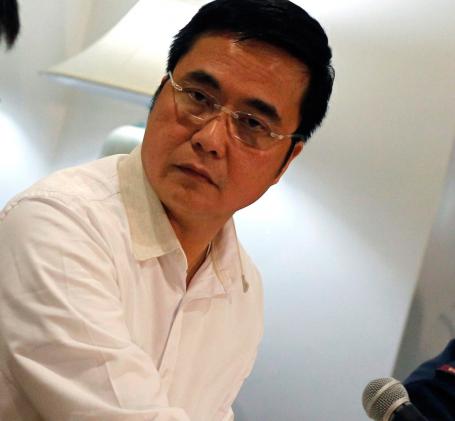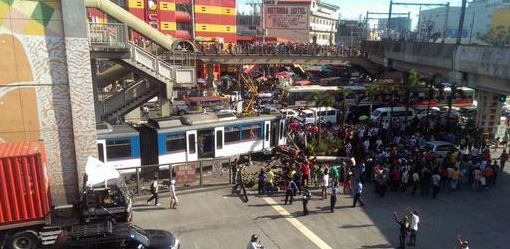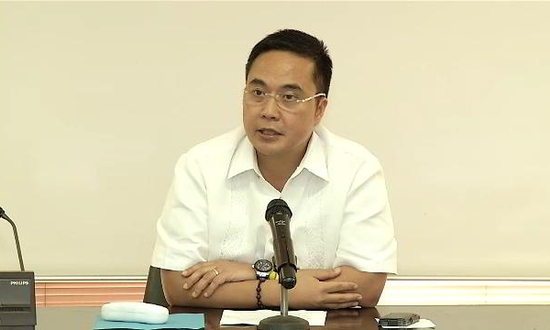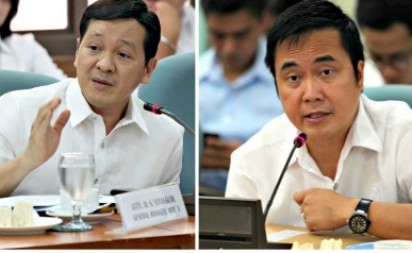By Manila Times | March 22, 2016
It might seem to be of minor matter in the bigger scheme of things now. But one of the biggest and most ruthless lies peddled by presidential candidate Manuel Roxas 2nd at the debate on Sunday was his claim that the mess at the MRT-3 that has caused the service to now teeter toward collapse was caused by its former general manager Al Vitangcol’s corruption.
In a swift reply—an indication that it was a prepared line of defense—to candidate Rodrigo Duterte’s claim that President Aquino’s presidential candidate was not as clean as he pretended to be, as evidenced by the MRT-3 mess, Roxas said: “It’s Al Vitangcol who’s to blame there. Obviously, he had an interest in the firm, as his uncle was an incorporator at PH Trams.”
That’s really a big lie. It shows how Roxas can be so ruthless as to trample on even his former subordinate in his ambition to become President of this country.
To cover up their tracks, Roxas and his fellow Liberal Party stalwart and DOTC secretary, Joseph Abaya, are blaming the corruption and the mess at the MRT-3 that has made commuting a hell for millions of people in Metro Manila, on what they themselves know is an innocent man: Vitangcol.
What kind of a moral compass does Roxas have if he accuses a minor official, a former subordinate who doesn’t have vast resources as he has, on national television, and on such an important event as the presidential candidate, of corruption, when the special anti-graft court still hasn’t even acted on the Ombudsman’s filing of charges against him and others?
PH Trams, in a joint venture with CB&T, was the firm to which the DOTC awarded the P500-million MRT-3 maintenance contract on Oct. 19, 2012, taking over from Sumitomo Corp. which had maintained it since it was commissioned.
What had immediately raised eyebrows right after the project’s award to PH Trams-CBT Joint Venture, was that PH Trams had been set up only two months before, and was not an engineering firm. It was obviously the broker, or lobbyist for the contract. Its chairman, said to be behind the recent maintenance contracts, and PH Trams’ biggest stockholder, is one Marlo de la Cruz.
Who is Marlo de la Cruz? He is known to be a Liberal Party stalwart from Pangasinan, who very actively provided financial support and campaigned for Roxas in his bid for the vice presidency in 2010. Roxas has admitted knowing him but has claimed — fantastically — that he hadn’t seen him since then.
Uncle-in-law
And who is Vitangcol’s uncle, an incorporator of PH Trams who, according to Roxas, proves Vitangcol’s guilt? The name reported in the papers was Arturo Soriano, who is not even Vitangcol’s uncle, but his wife’s. More importantly, Soriano lives and works in Pangasinan, is the province’s accountant, and has been known to be close to de la Cruz, his point-man in dealing with the provincial government.
Soriano is an incorporator of PH Trams because he is an associate of Liberal Party Pangasinan stalwart de la Cruz, not because he is Vitangcol’s uncle-in-law. “Roxas knows this, and had met Soriano in his many sorties in Pangasinan in 2010,” an official in that province’s government disclosed.
“I wasn’t even close to Soriano, as we moved in different circles and worked even in different places, me, here in Metro Manila and he, in Pangasinan,” Vitangcol said in an interview a month ago.
In my interview with Vitangcol, he struck me as an upright, unassuming lawyer who wanted to contribute to the nation in some way. Unfortunately, he is one of the hundreds of upper-middle class professionals fooled by this Yellow Cult’s pretension of undertaking a crusade to reform the country.
Roxas without doubt oversaw the awarding of the maintenance contract to PH Trams and its partner. He delayed the process for replacing Sumitomo group for two years, and during all time it was Vitangcol who was writing him for the need to start the bidding process. “There wasn’t even a reply at all to my memos,” Vitangcol said.
Roxas’ inaction could be explained only if he had been deliberately delaying it, since he knew – having been in government for many years – that the department could dispense with a real bidding, and negotiate with its preferred contractor on grounds that there was an emergency. Such an “emergency” did occur after the DOTC informed Sumitomo on Oct. 2 that its maintenance contract, which was being renewed every six months since 2010, wouldn’t be renewed. But this was two weeks before the existing contract was ending. Since MRT-3 couldn’t be operated without the maintenance operator, DOTC declared it was an emergency and, therefore, had to dispense with the time-consuming bidding process, and instead, negotiate with a contractor. - Roberto D. Tiglao
 Twitter
Twitter Facebook
Facebook